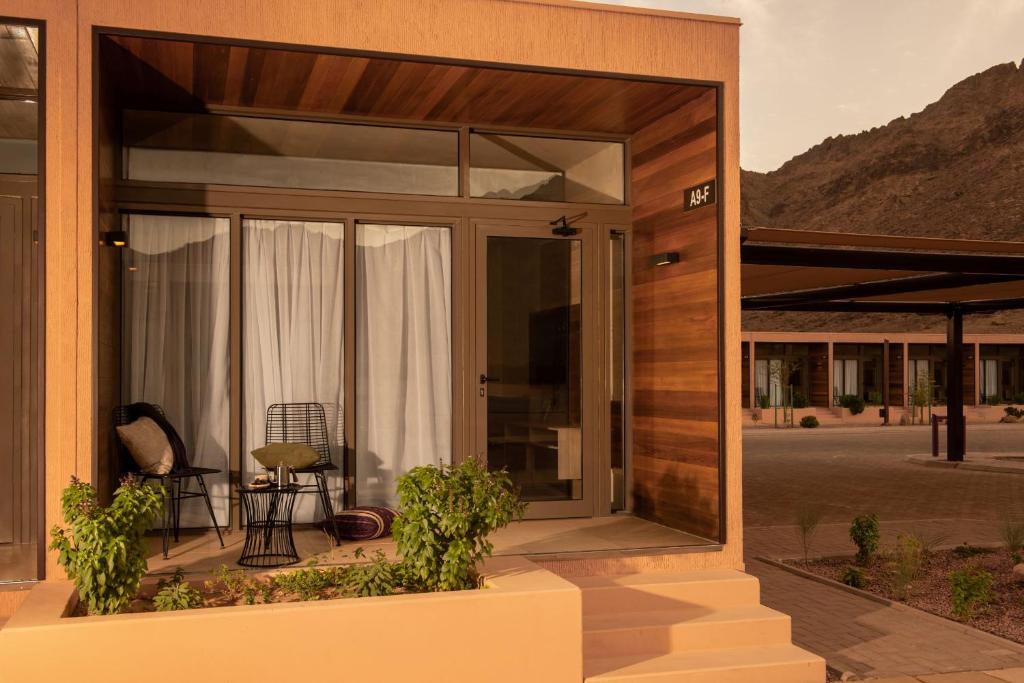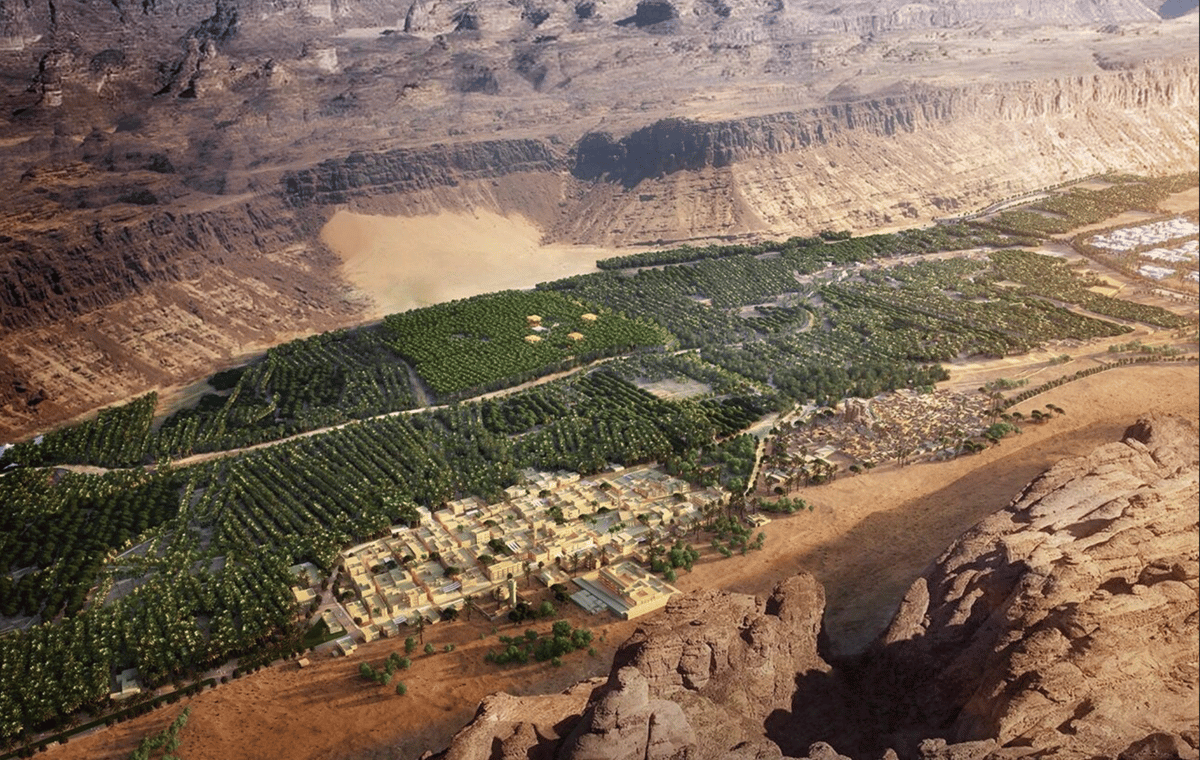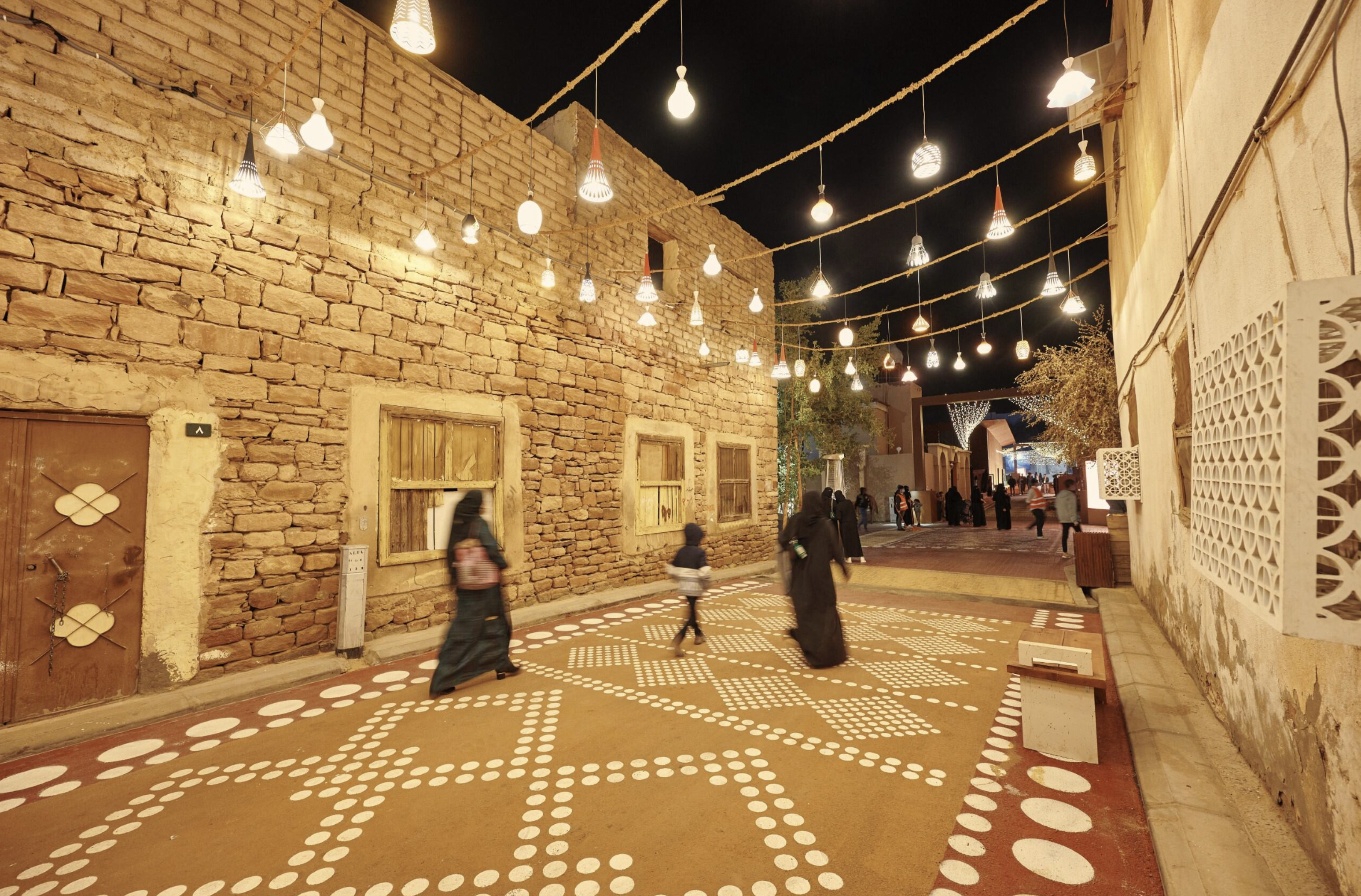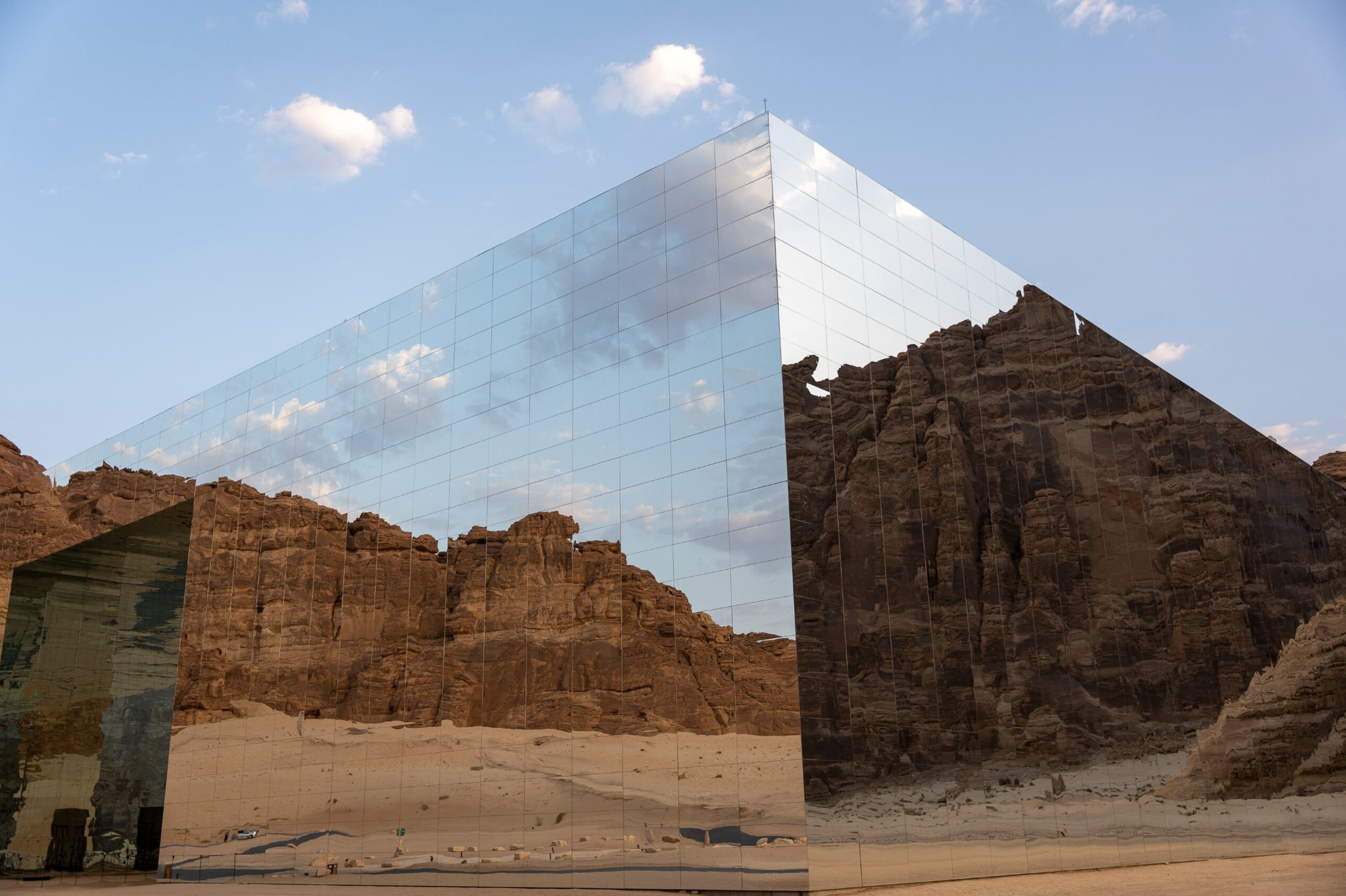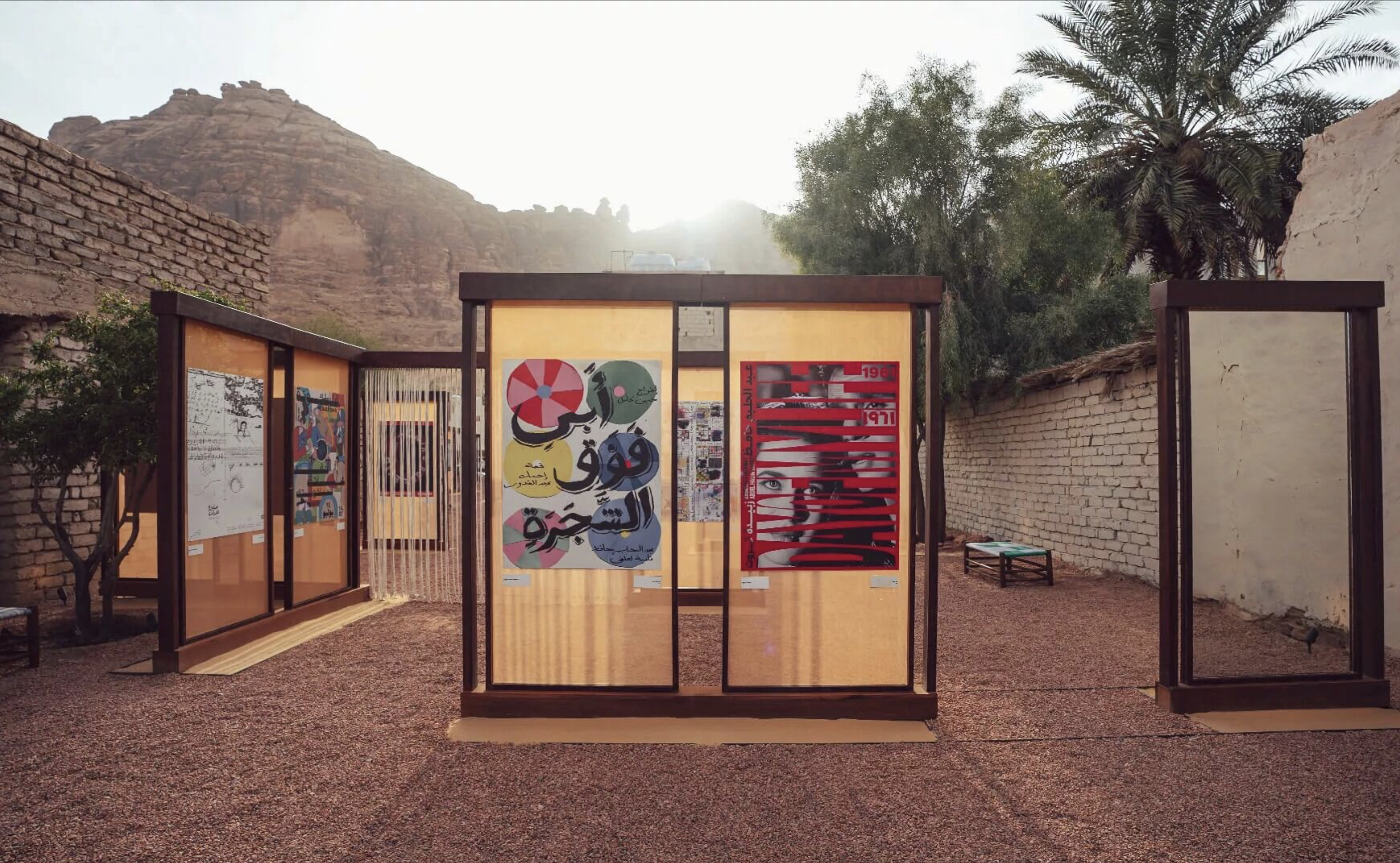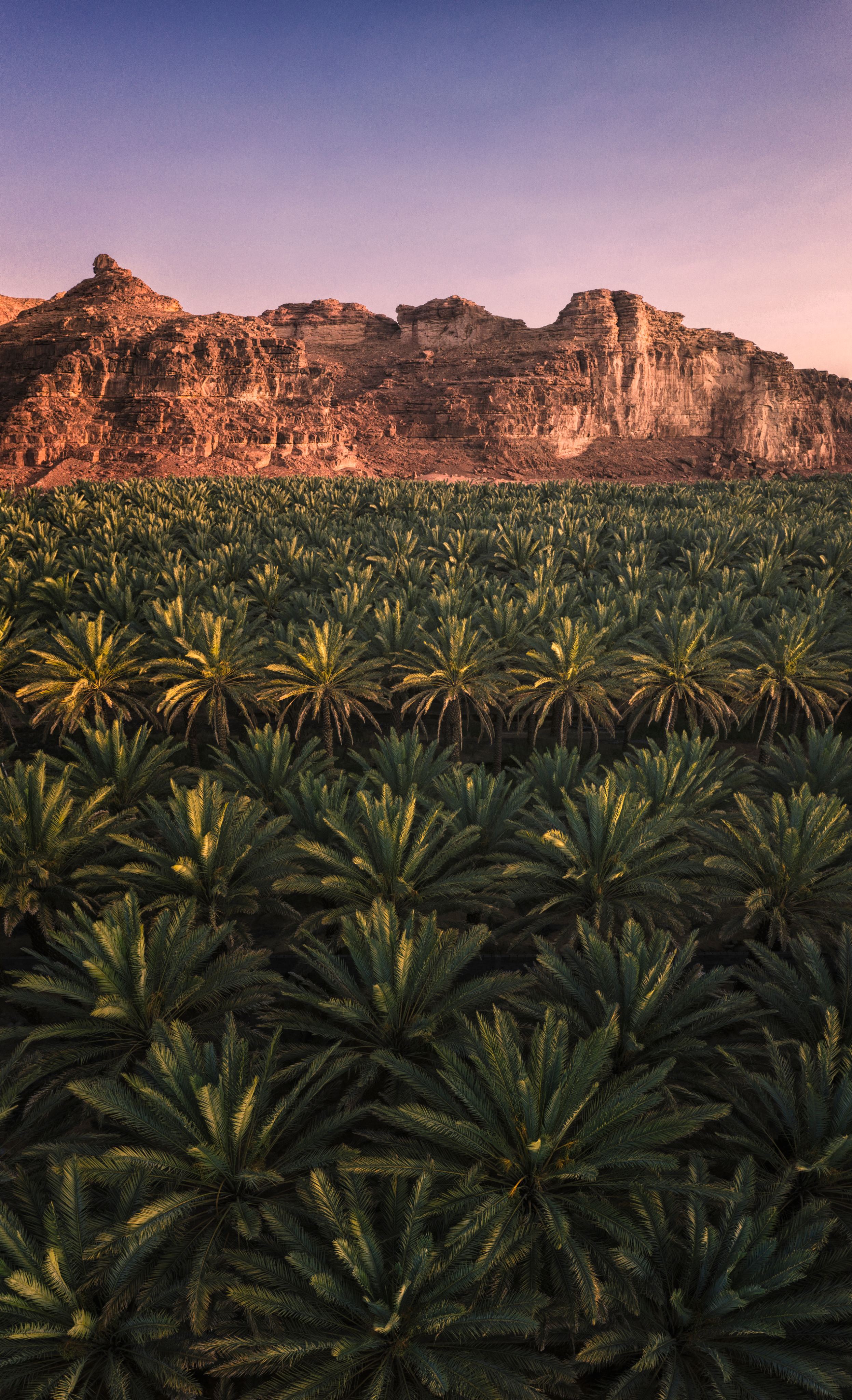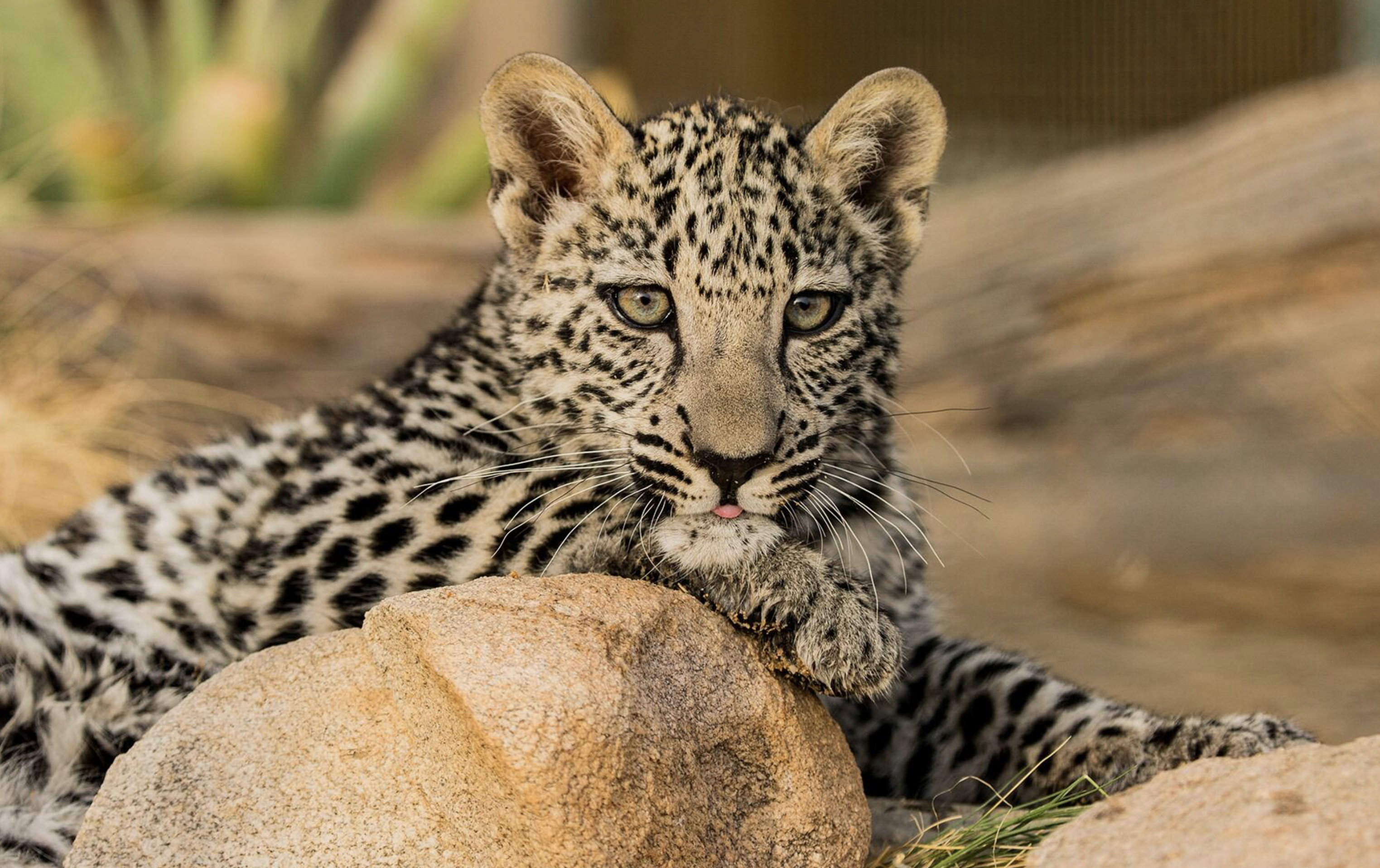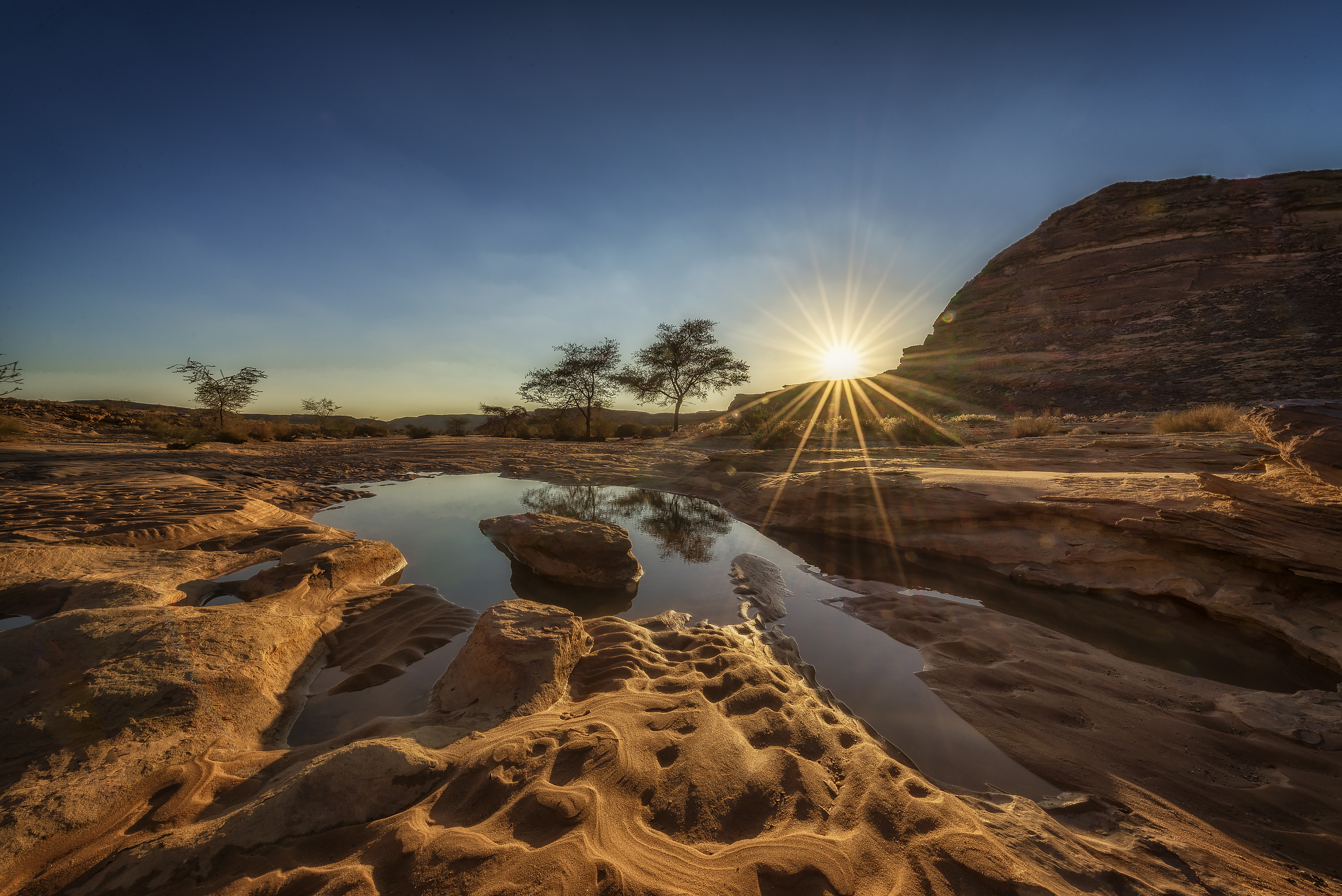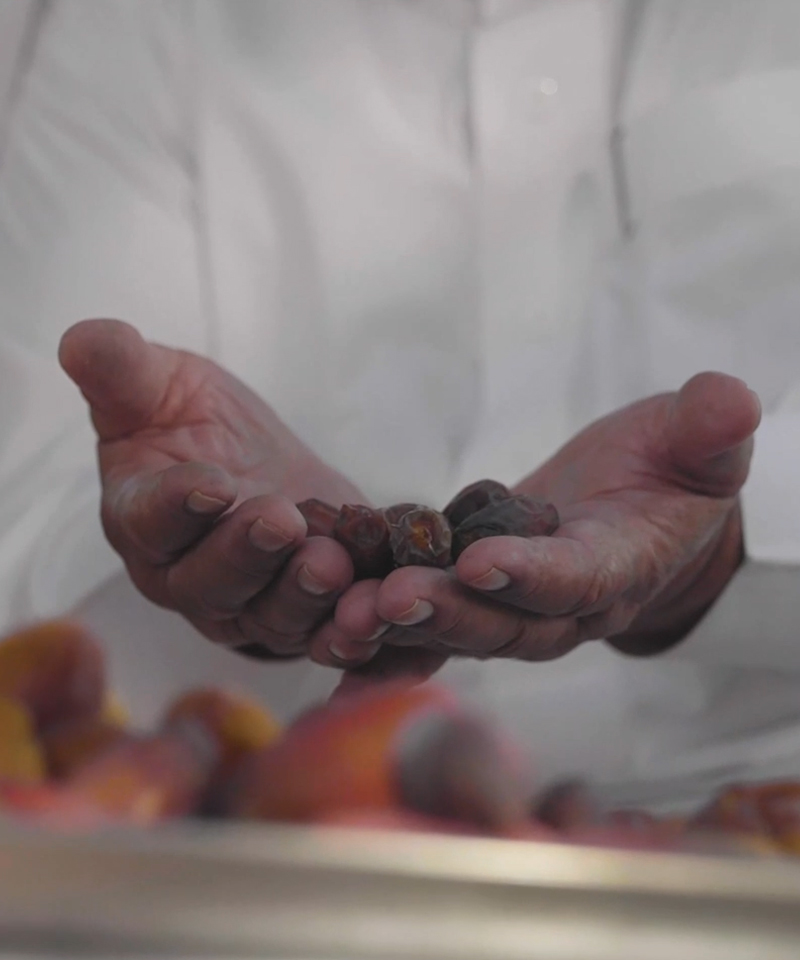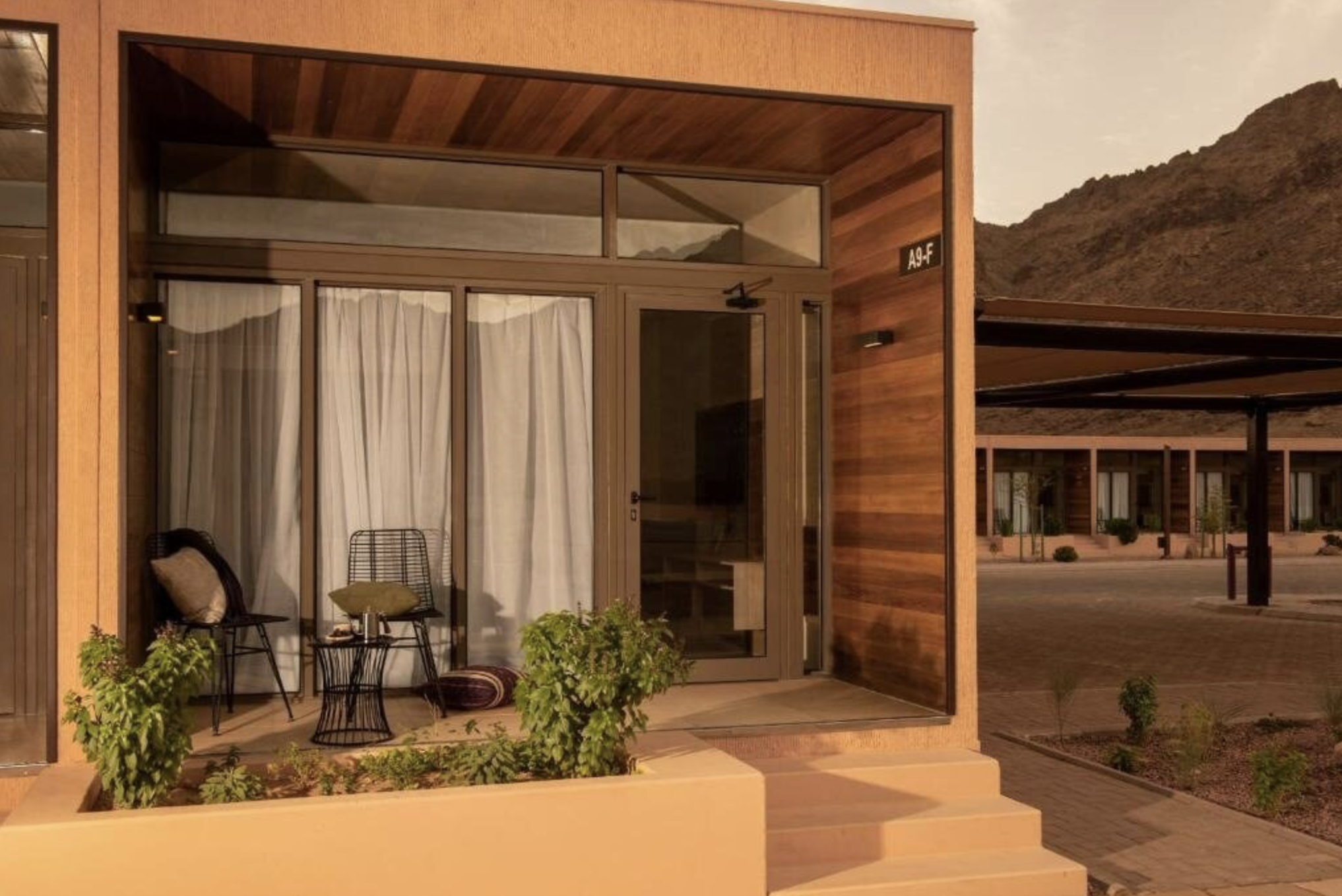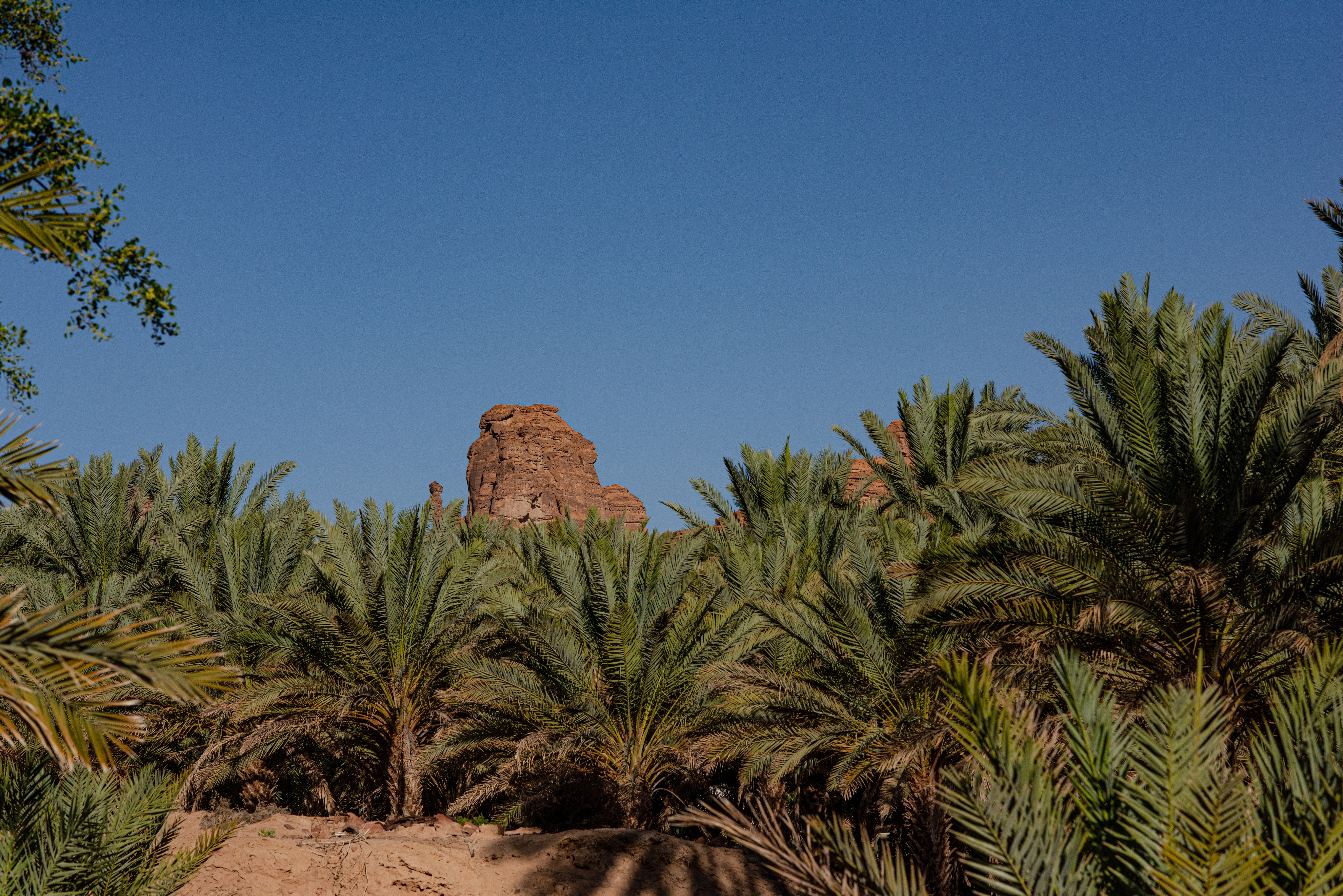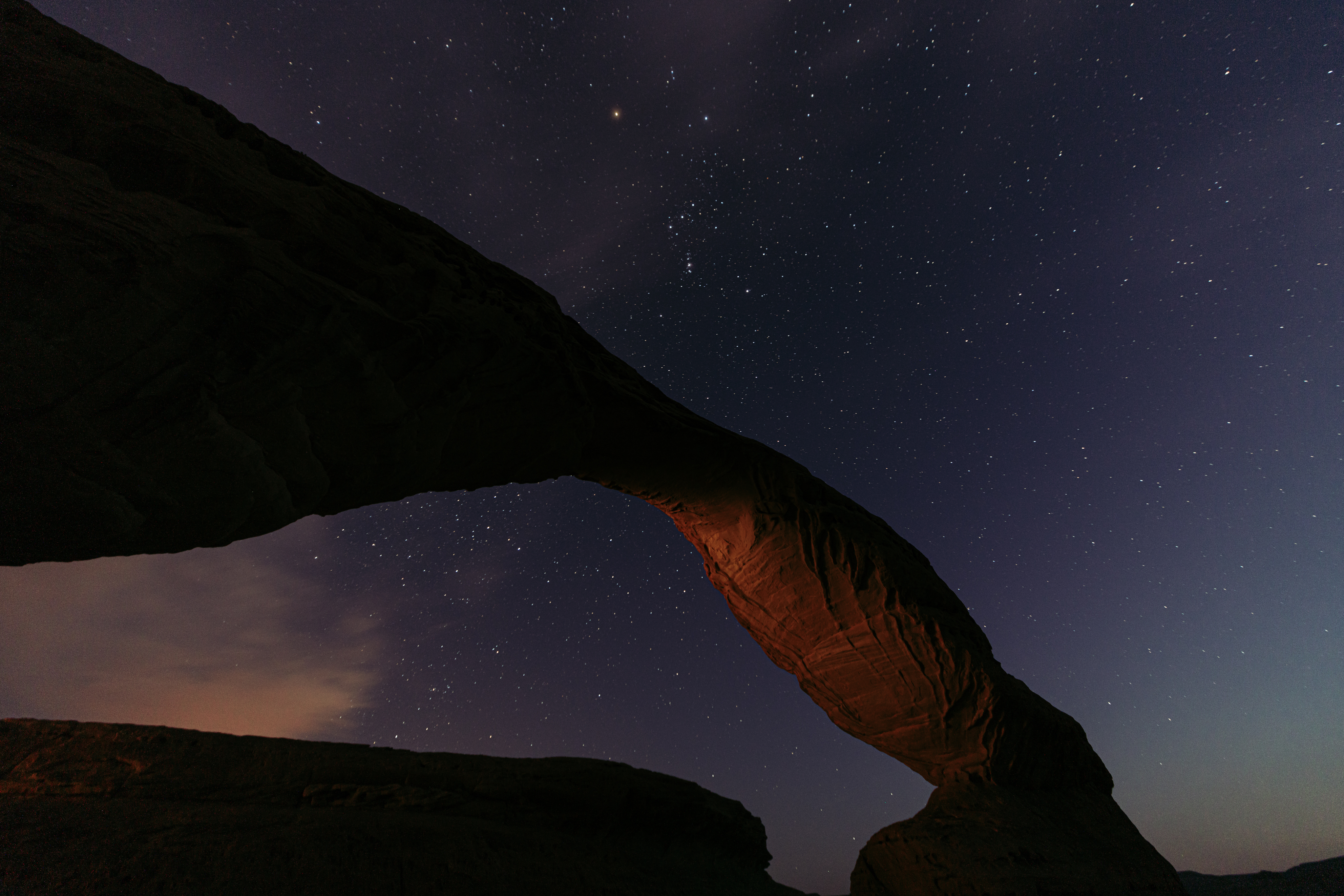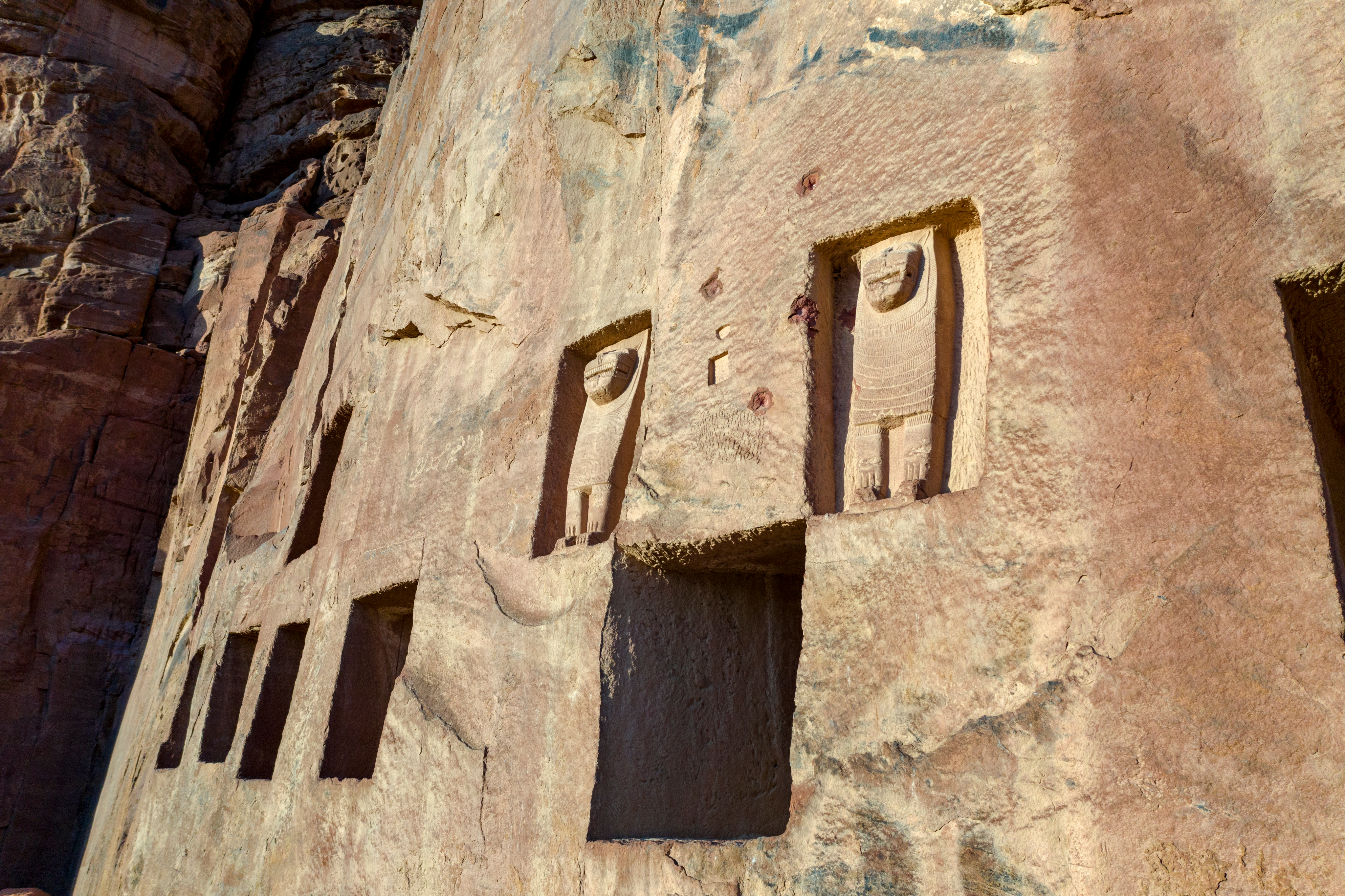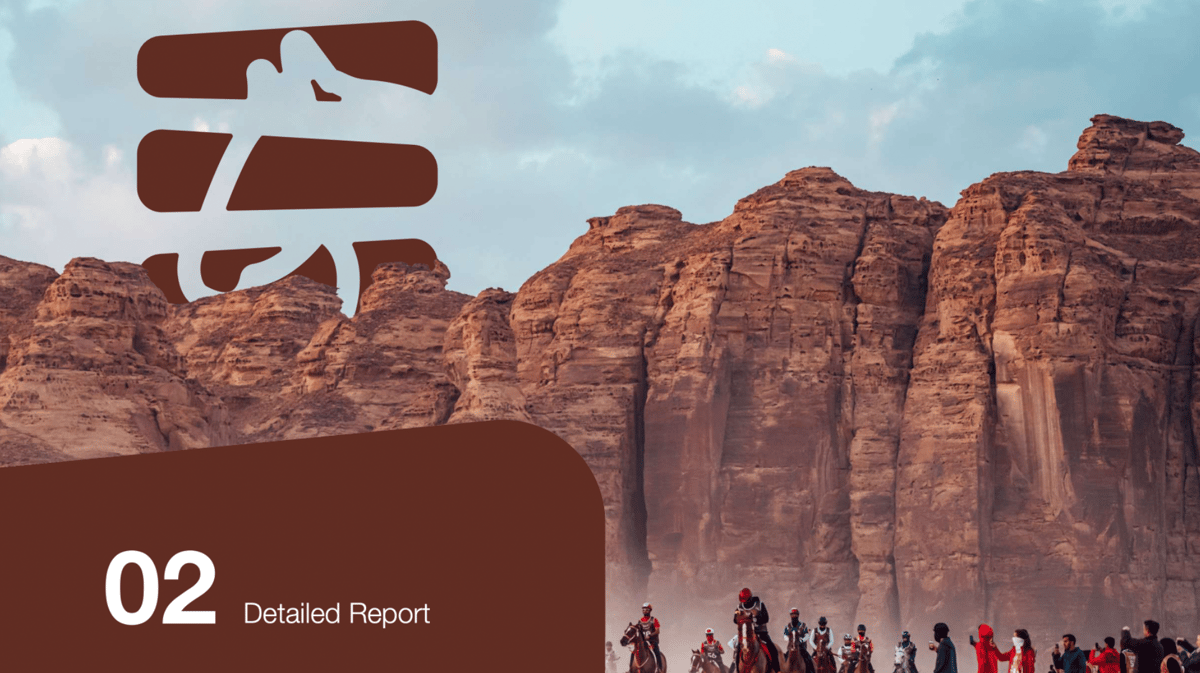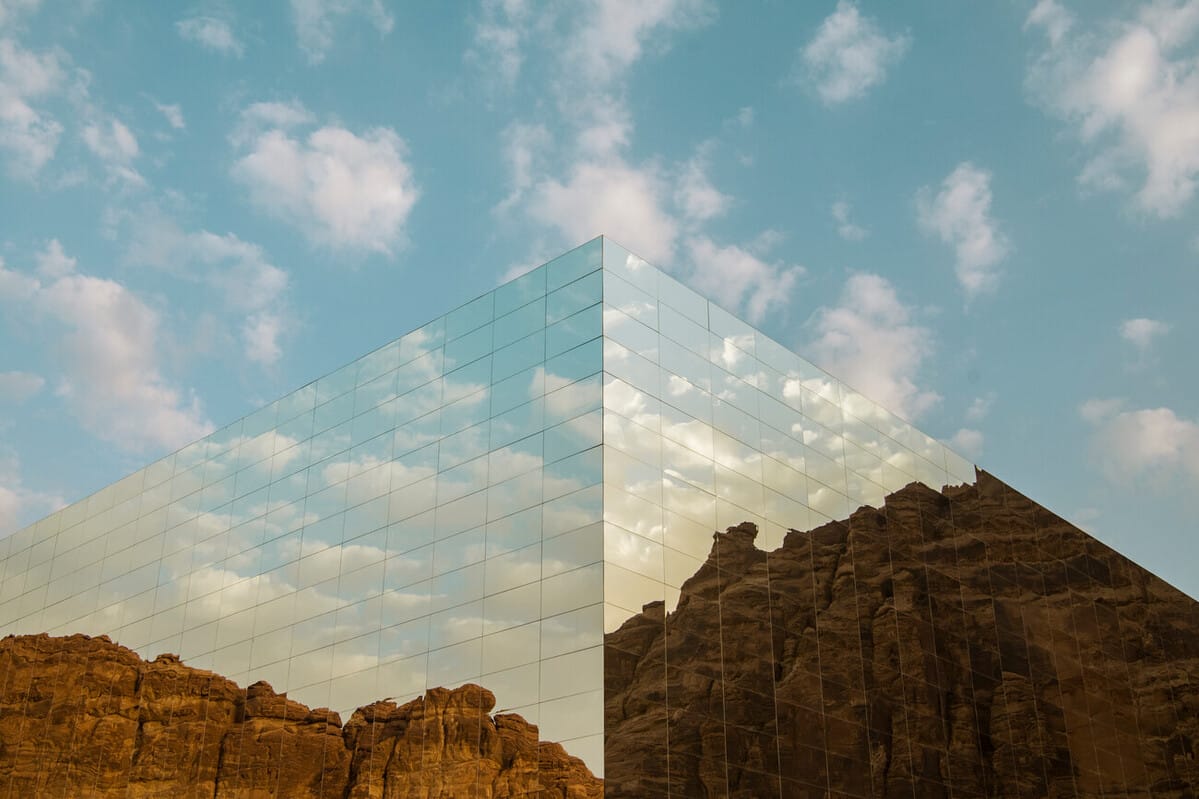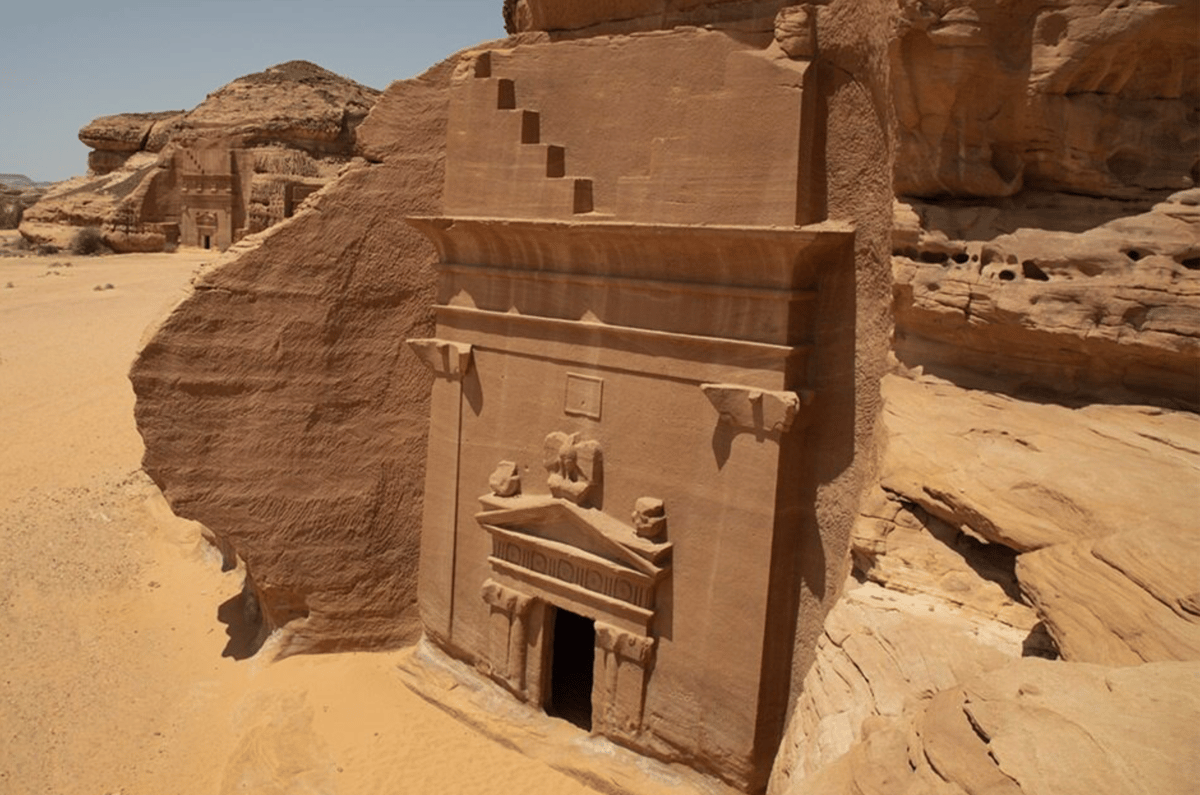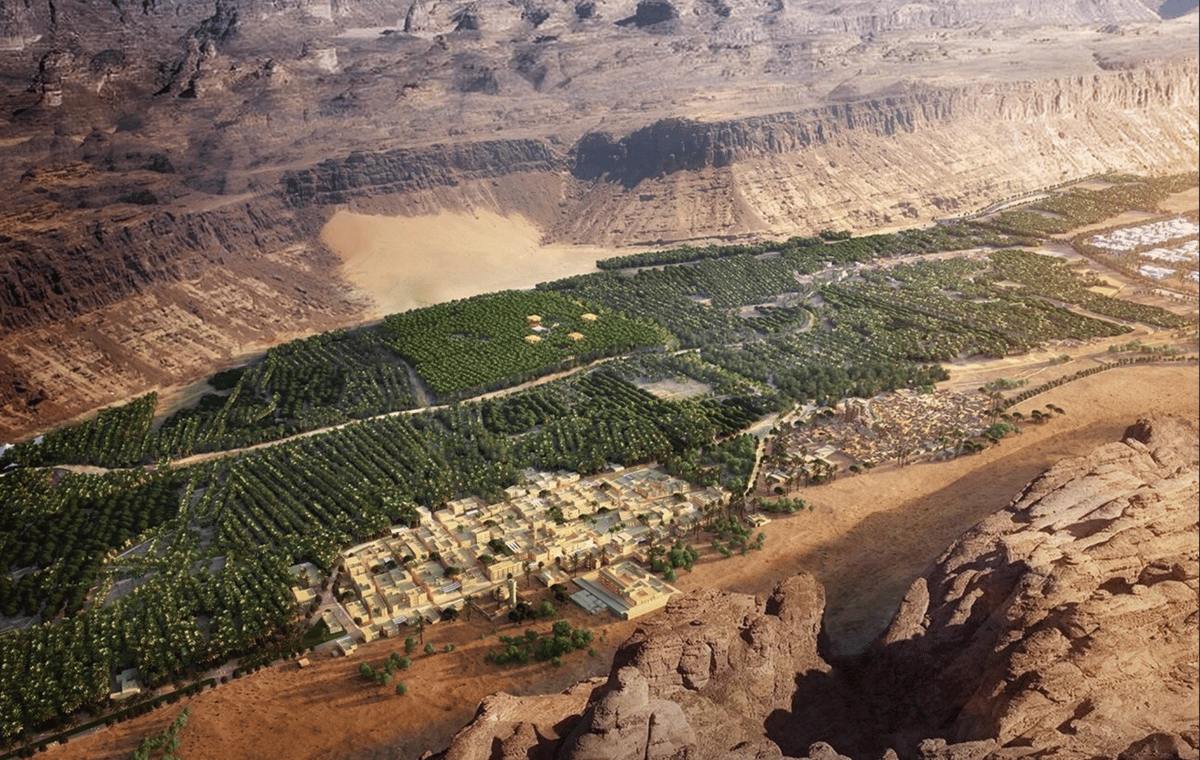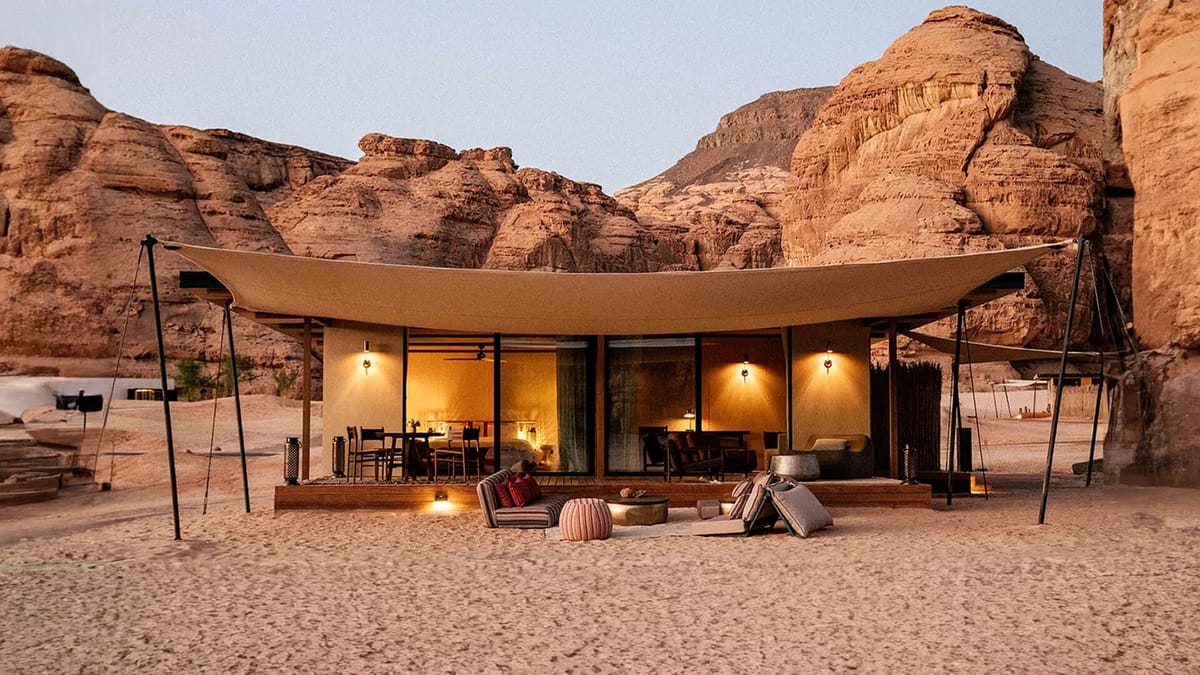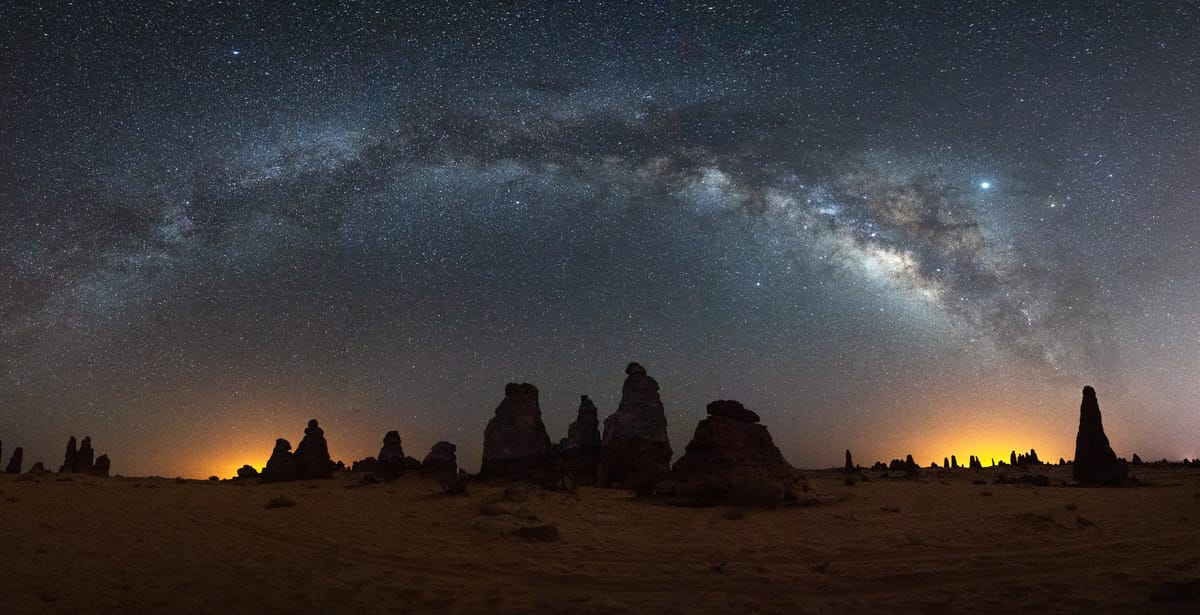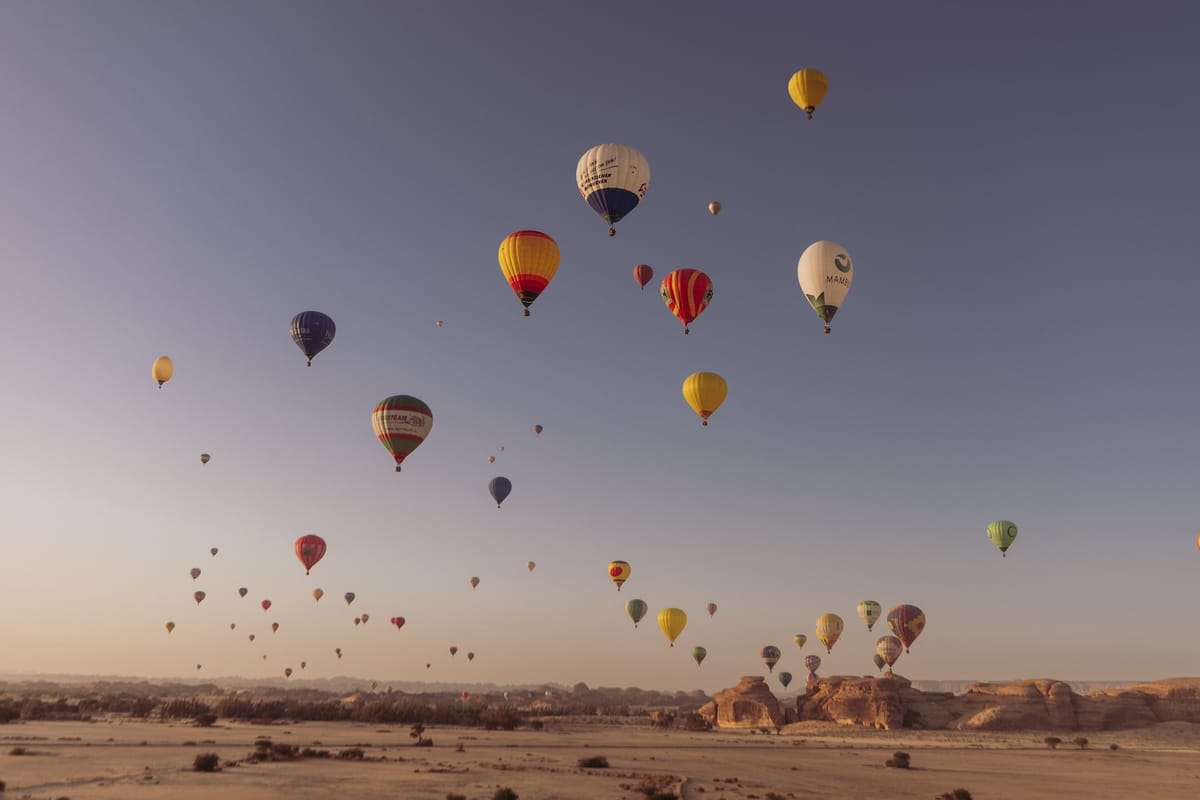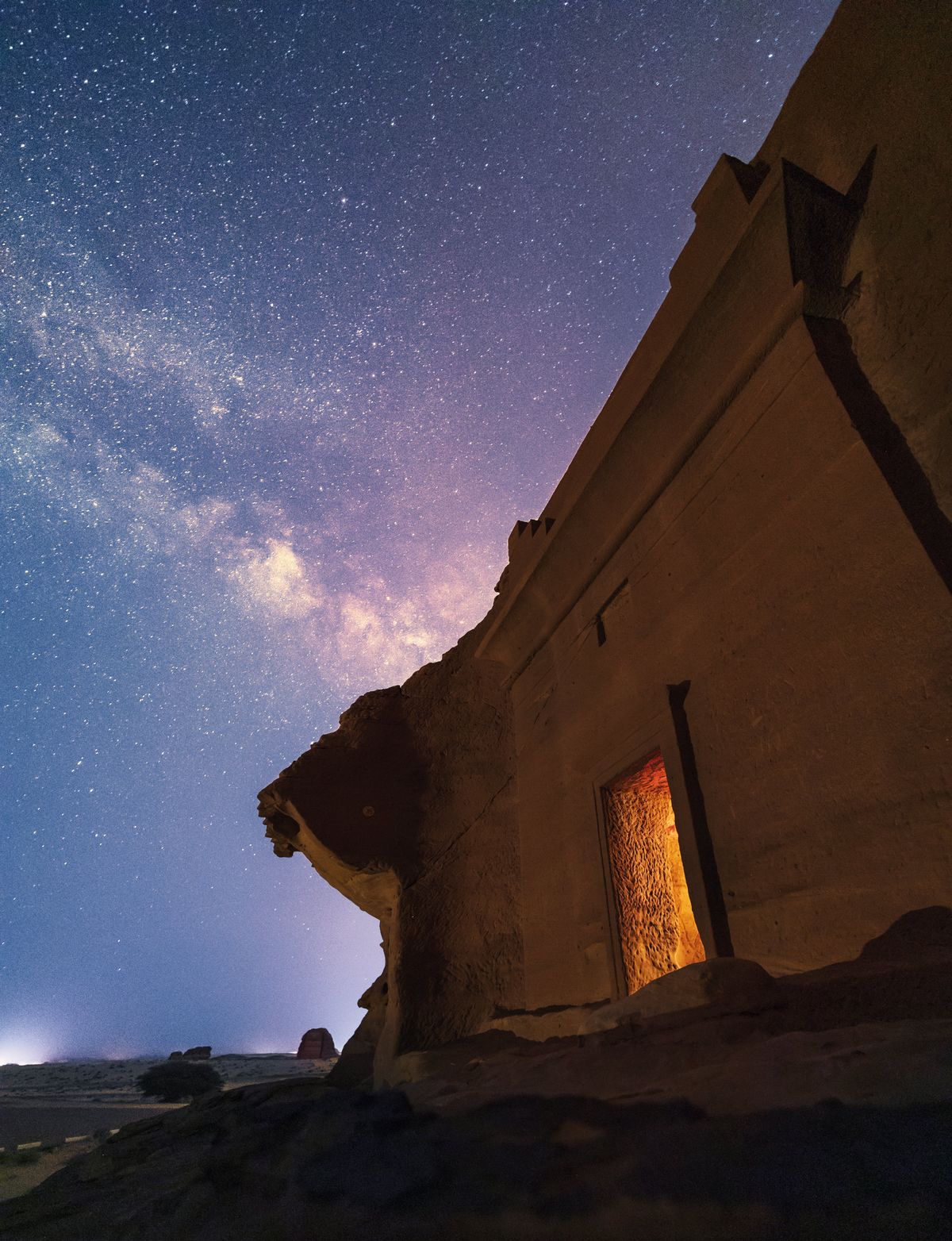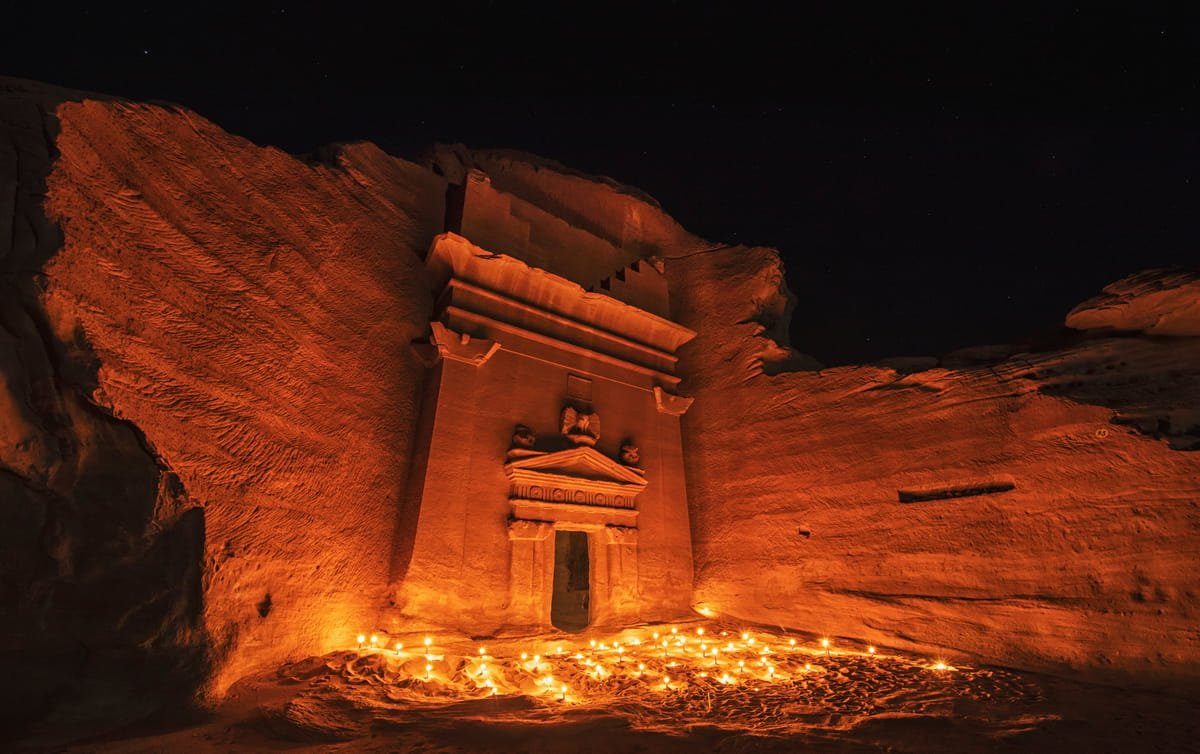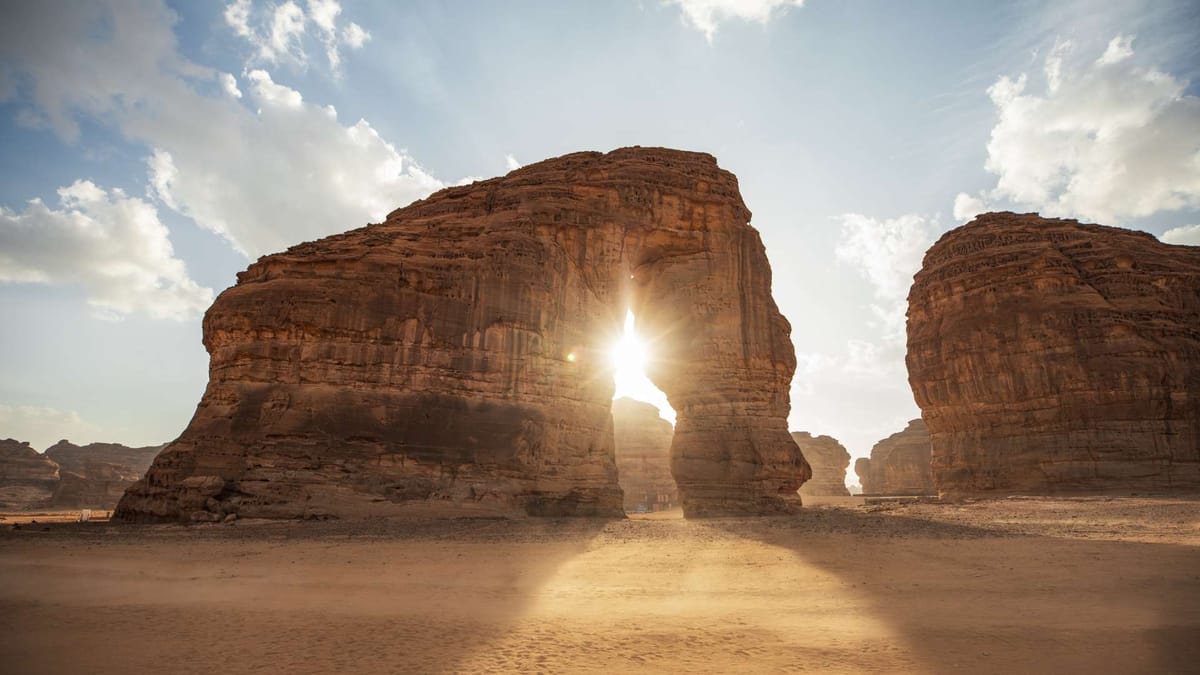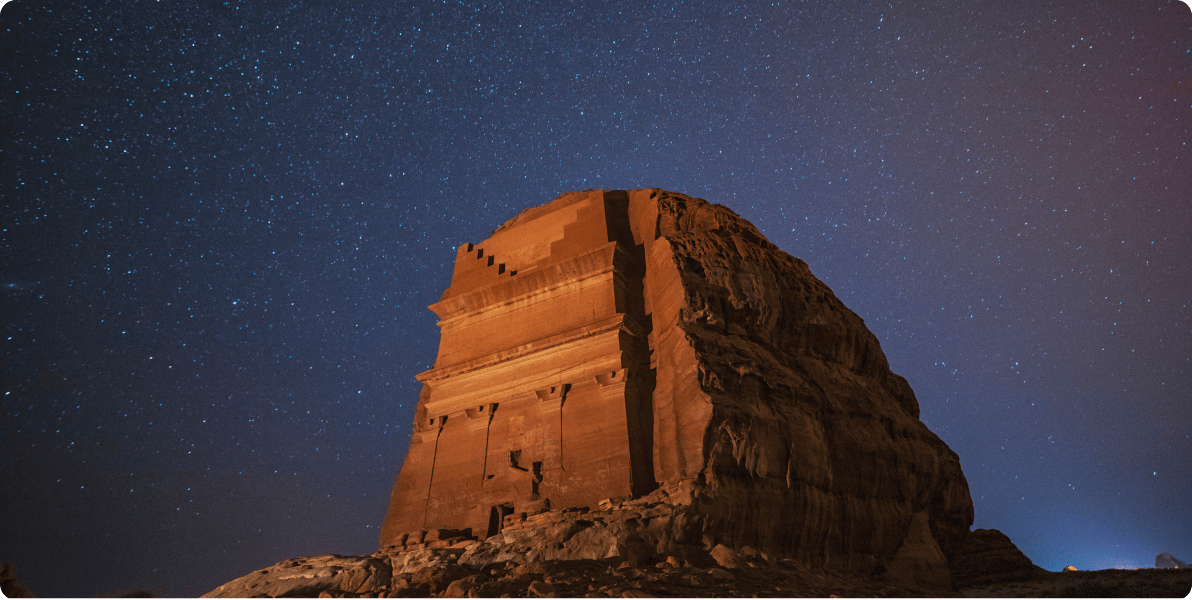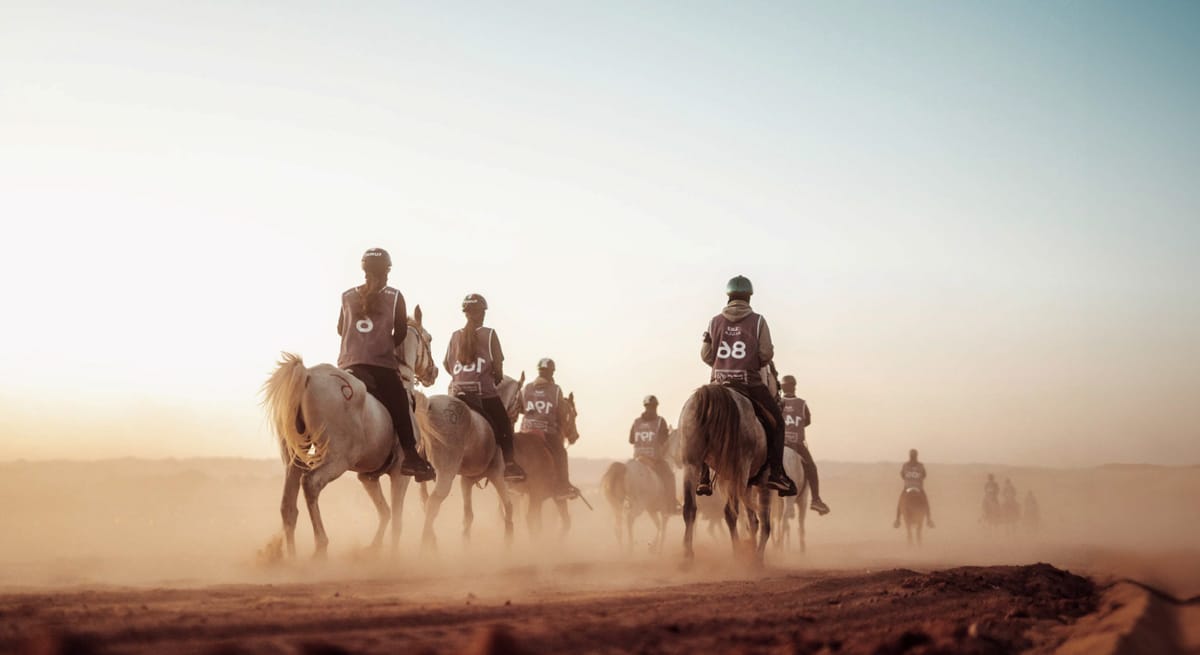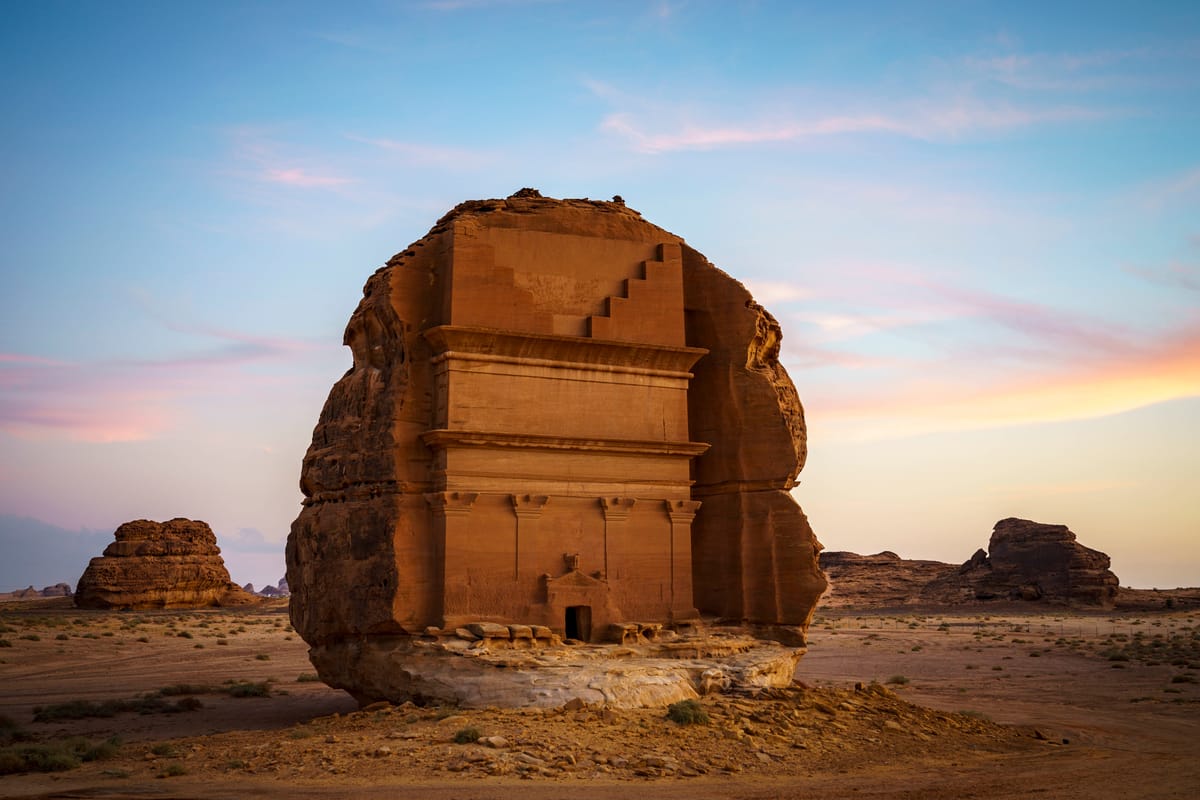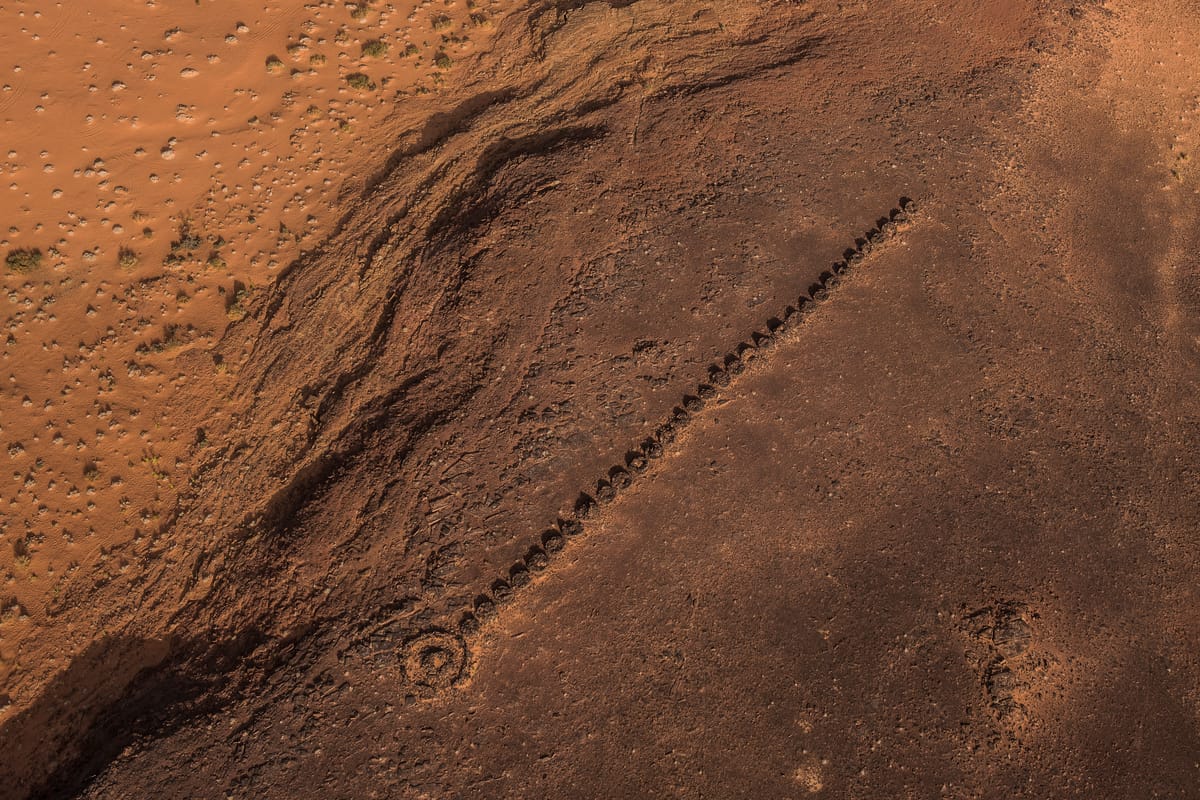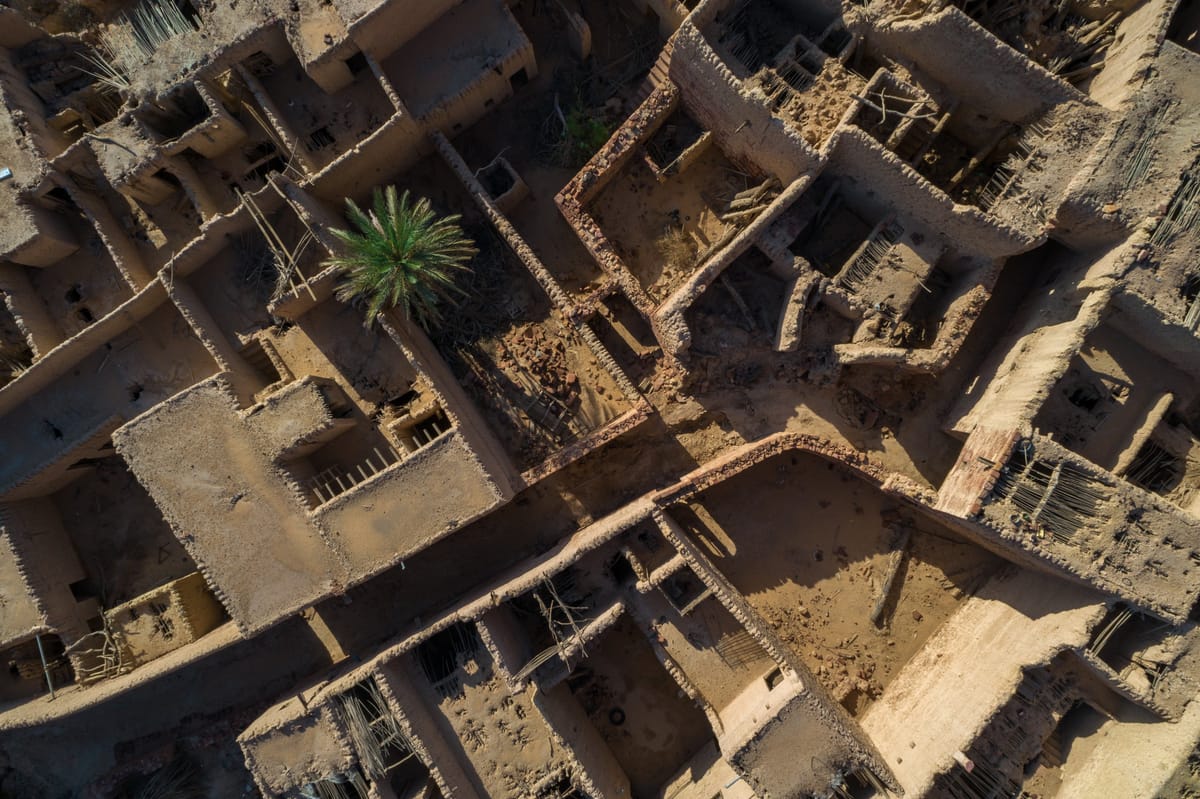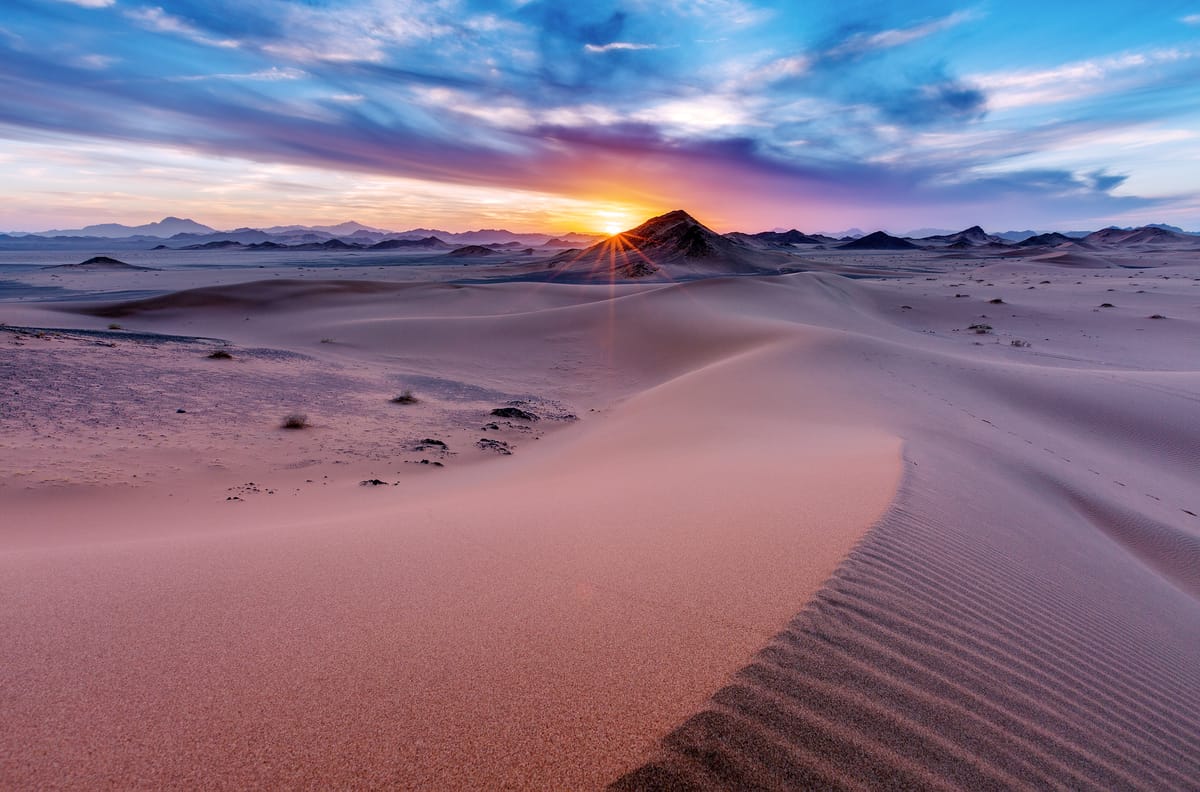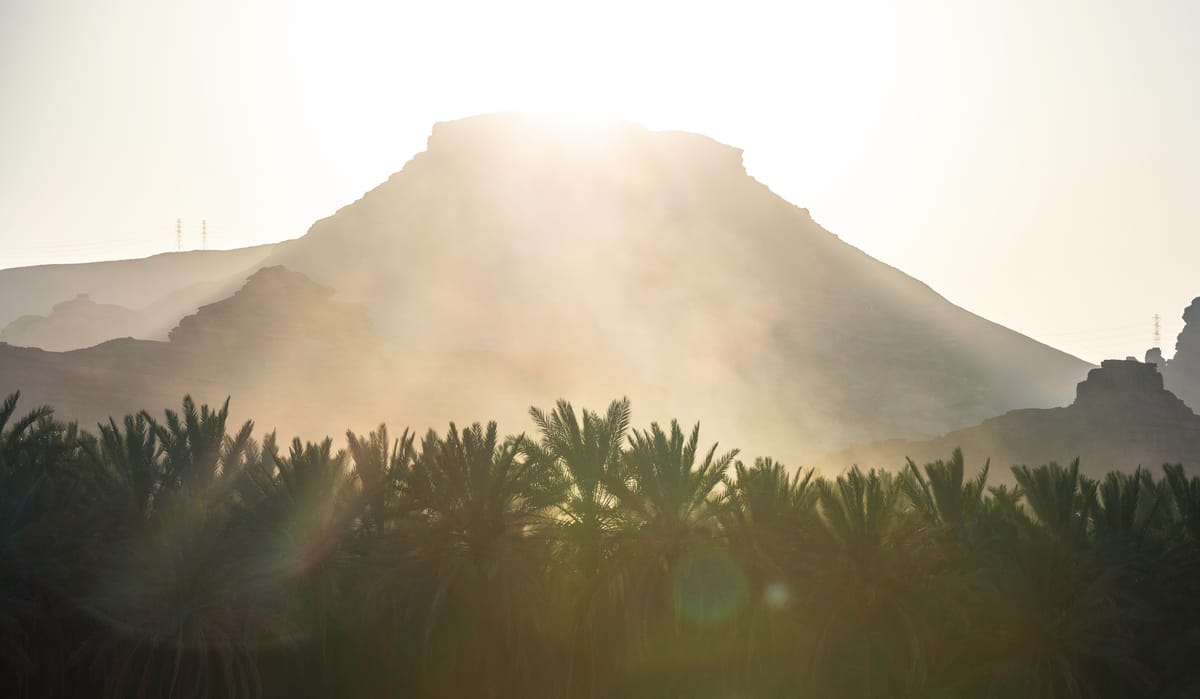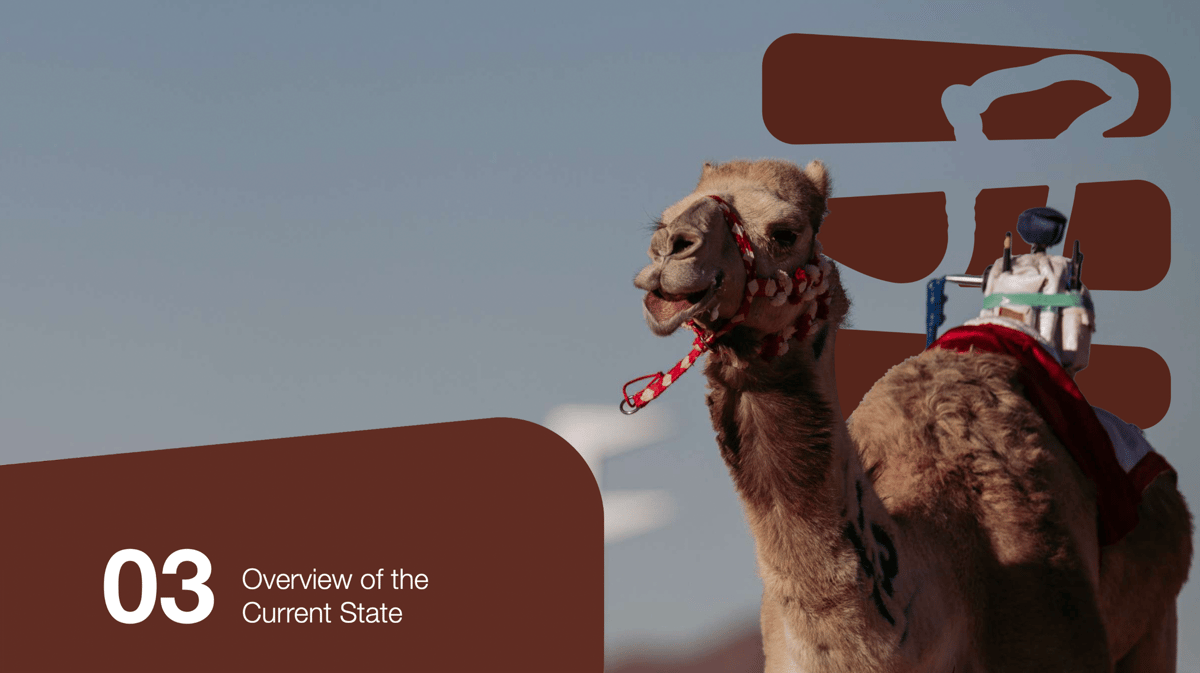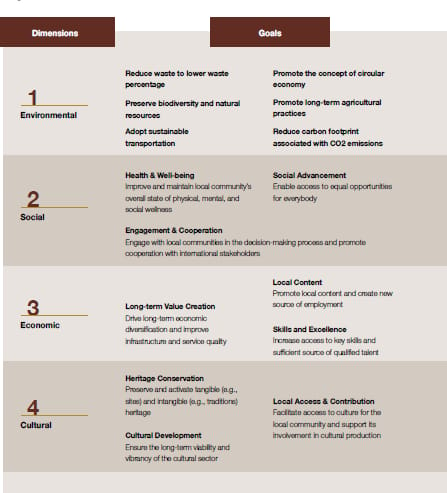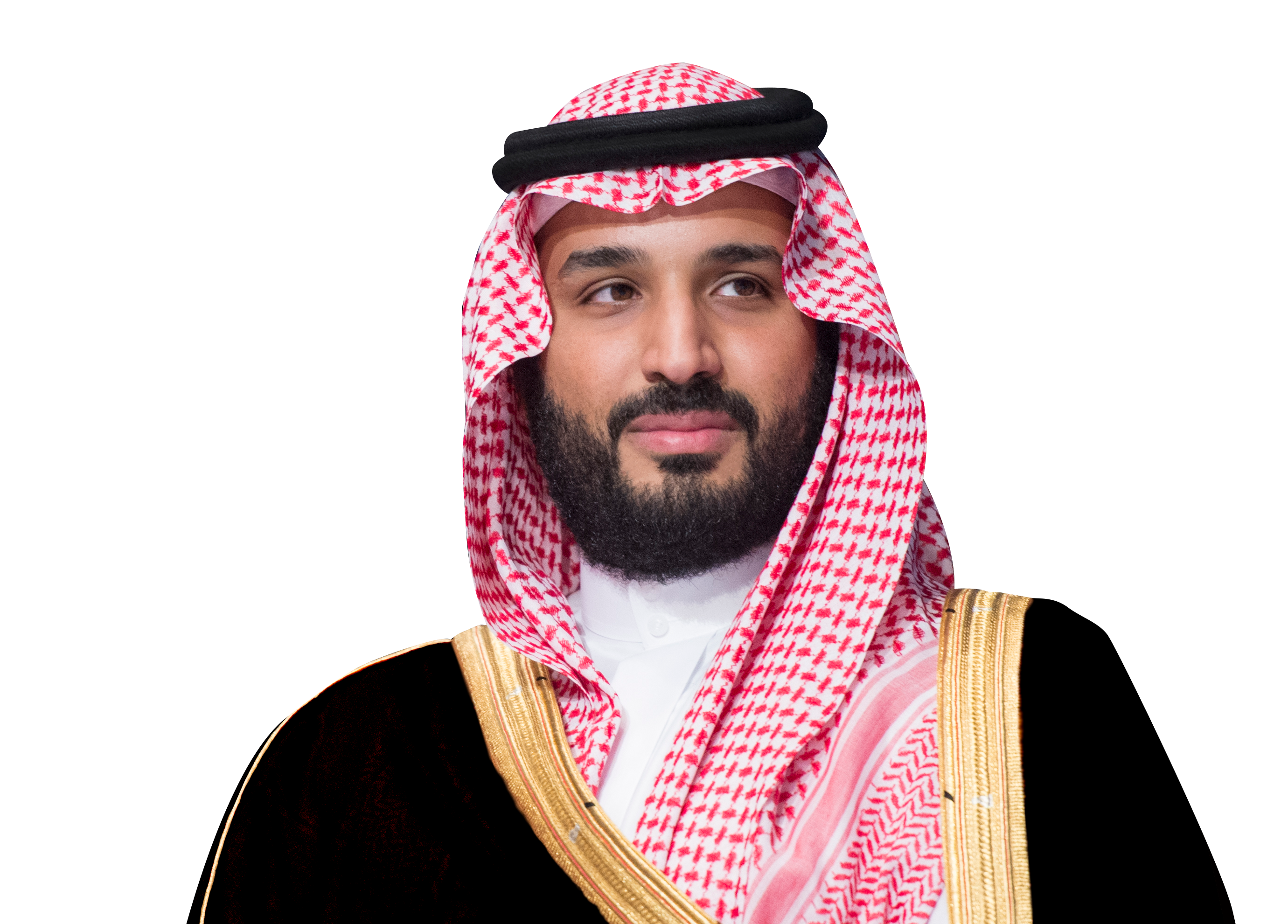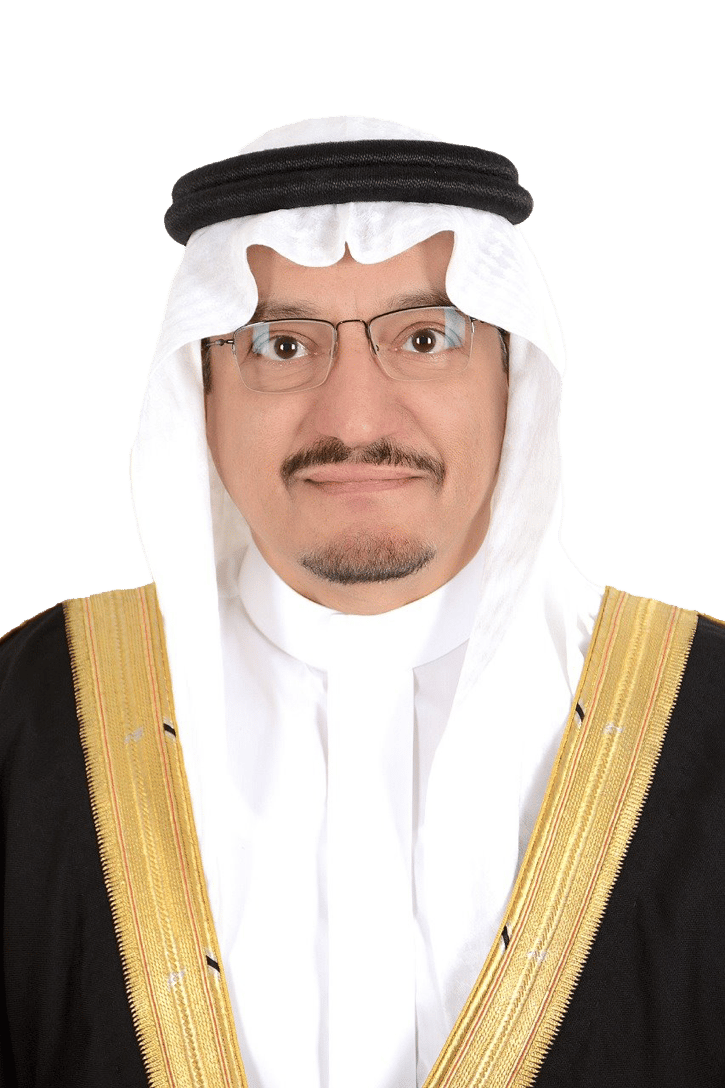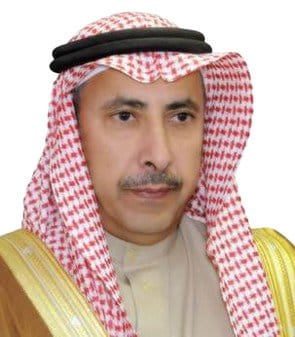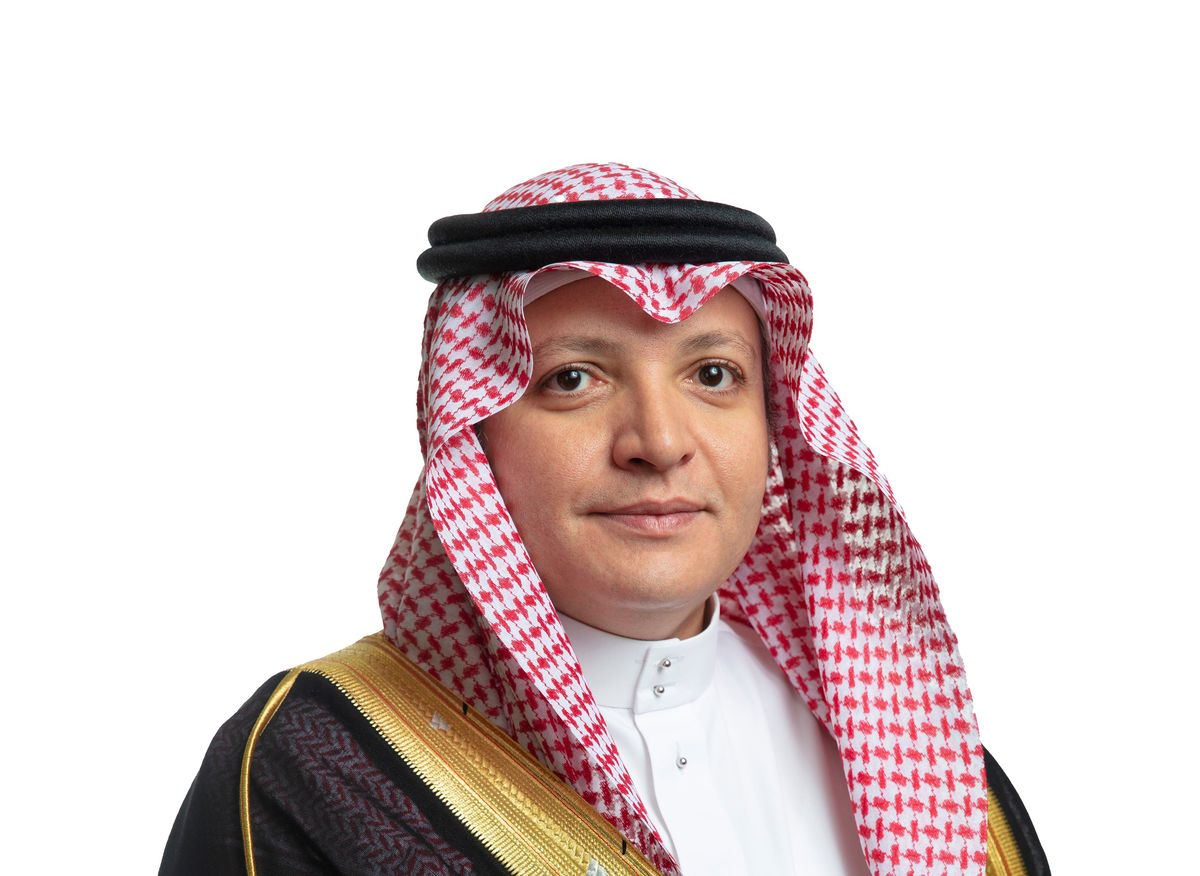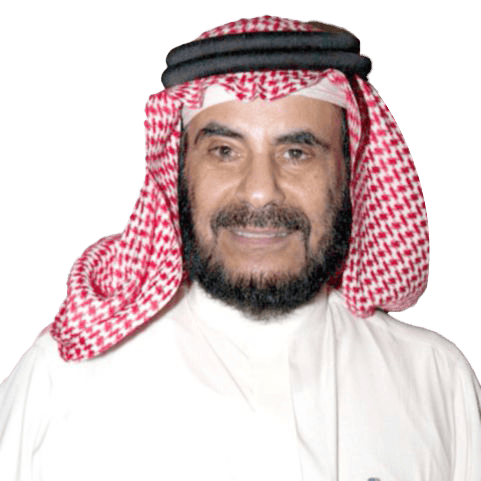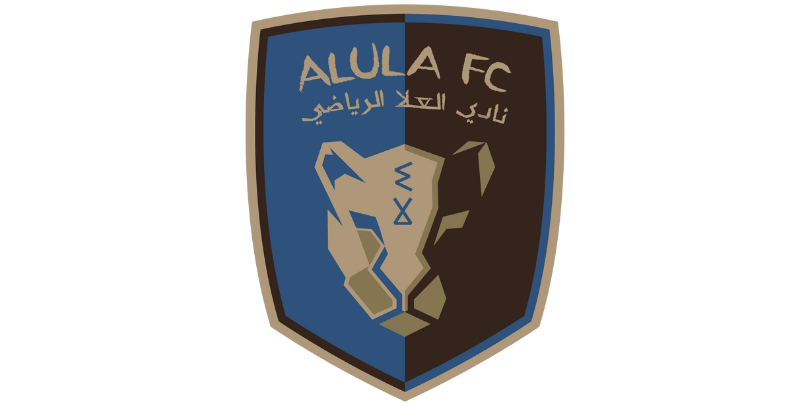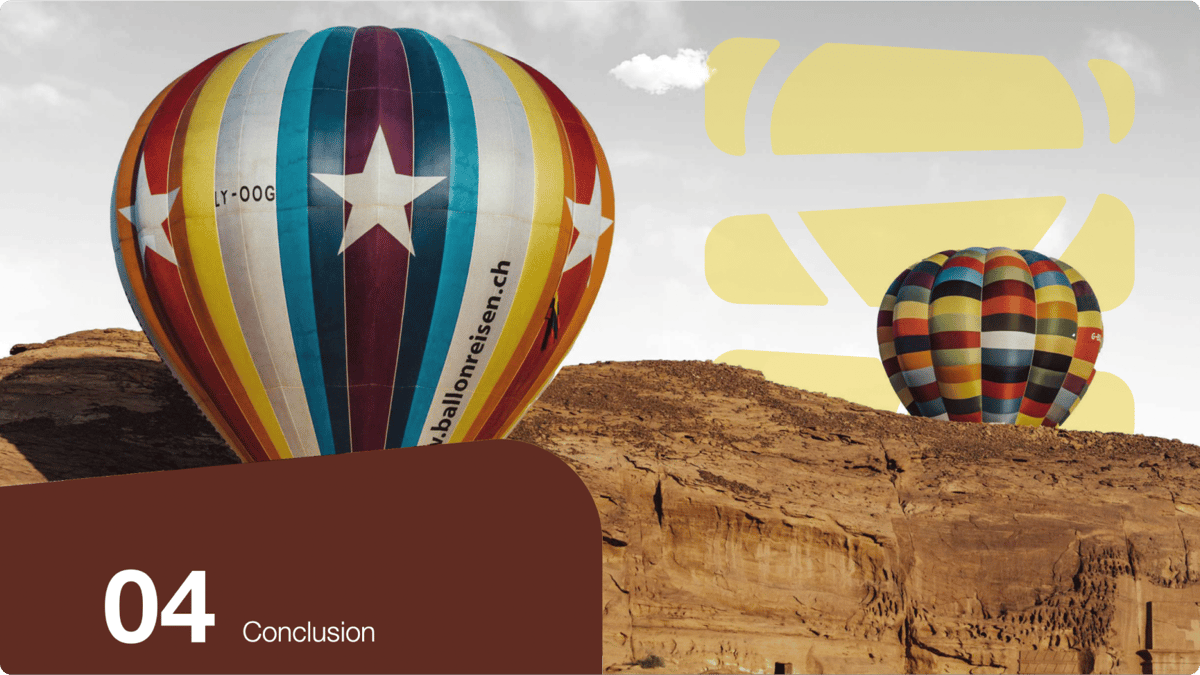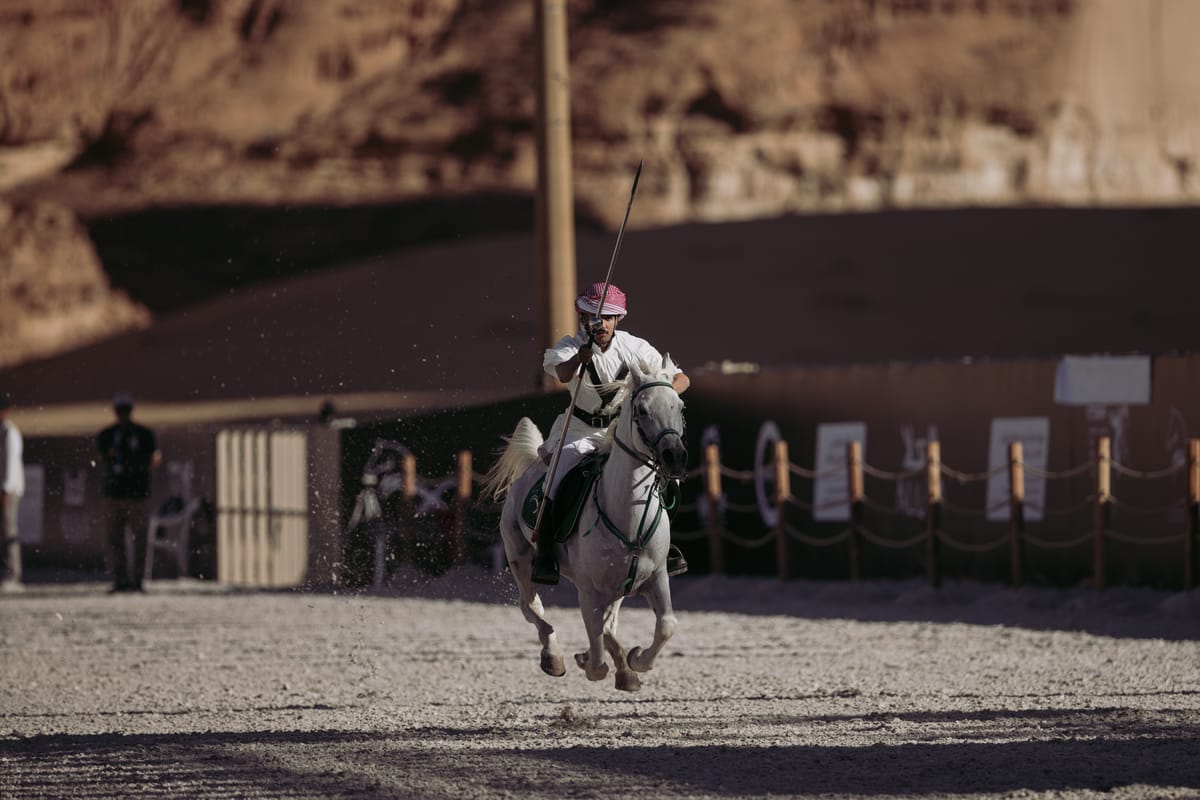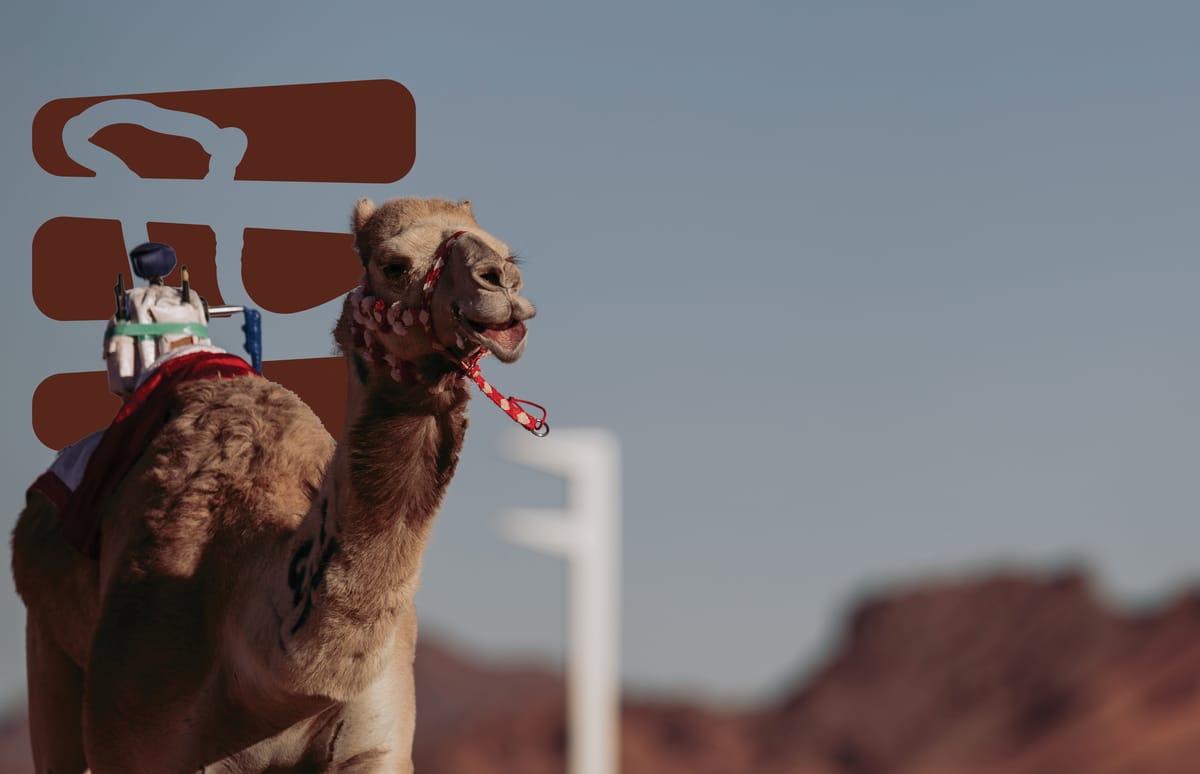The Royal Commission for AlUla (RCU) continues to make substantial progress in realizing the goals outlined in AlUla Vision, stemming from the Saudi Vision 2030, to develop the county that is rich in history, culture, and stunning natural diversity, into a leading global destination on the cultural tourism map. This is guided and supported by the custodian of the Two Holy Mosques, King Salman bin Abdulaziz Al Saud and His Royal Highness Prince Mohammed bin Salman bin Abdulaziz Al Saud, the Crown Prince, Prime Minister of the Kingdom of Saudi Arabia and Chairman of the Board of Directors of the Royal Commission for AlUla, and in a strategic partnership with the people of AlUla.
In the year 2023, numerous strategic projects and initiatives were implemented, with a primary focus on preserving AlUla’s heritage and natural treasures. Notably, these efforts resulted in the growing presence of AlUla, with its historic and natural sites, in the circle of interest of global cultural and tourist organizations, such as the “Old Town” being recognized among the world’s finest tourist villages, while “Jabal Ikmah” earned a place in the United Nations Educational, Scientific and Cultural Organization’s (UNESCO) “Memory of the World” register. This accomplishment adds to the inscribed historical site of “Hegra” on UNESCO’s World Heritage List in 2008. Furthermore, in 2022, the “Harrat Uwayrid” reserve was included in the Man and Biosphere Programme (map).
Within the scope of tourism and sports development, several resorts and hotels have been unveiled. Notable among them are the “Sharaan Resort”, “Azulik,” “The Chedi Hegra,” and others. These developments are the result of the partnerships forged with both local and international sectors. Furthermore, the sports sector is being harnessed to its full potential through a comprehensive national approach. As part of this effort, the ownership of “AlUla Club” has been transferred to RCU, and major championships for authentic popular sports, such as AlUla Camel Cup and the announcement of AlUla’s falconry tournament.
In its commitment to enhancing the quality of life in AlUla, RCU has unveiled an urban development plan for the central and southern regions of the county. This plan, operating under the banner of “Towards a prosperous society,” aims to foster the simultaneous development of both the people and the region. Additionally, significant agreements have been reached with local and international partners to bolster and improve various services. These include strengthening healthcare services, enhancing energy and electrical services, and implementing better infrastructure management.
In terms of promoting and preserving environmental diversity, RCU continued to implement numerous initiatives and projects to restore ecosystems, by resettling some organisms in their natural habitats. This is evidenced by the successful implementation of the “Arabian Leopard” strategy, which has led to the announcement of several births, aligning with RCU’s vision to protect this species from extinction. Additionally, the United Nations has recognized February 10th as the International Day of the Arabian Leopard.
In conclusion, I would like to express my sincere appreciation for the unwavering support that RCU has received from our wise leadership that has been a driving force behind all our achievements. I also extend my gratitude to the people of AlUla, the strategic partners of RCU, and my dedicated teammates who have demonstrated remarkable effort, resulting in the notable accomplishments of the past year.
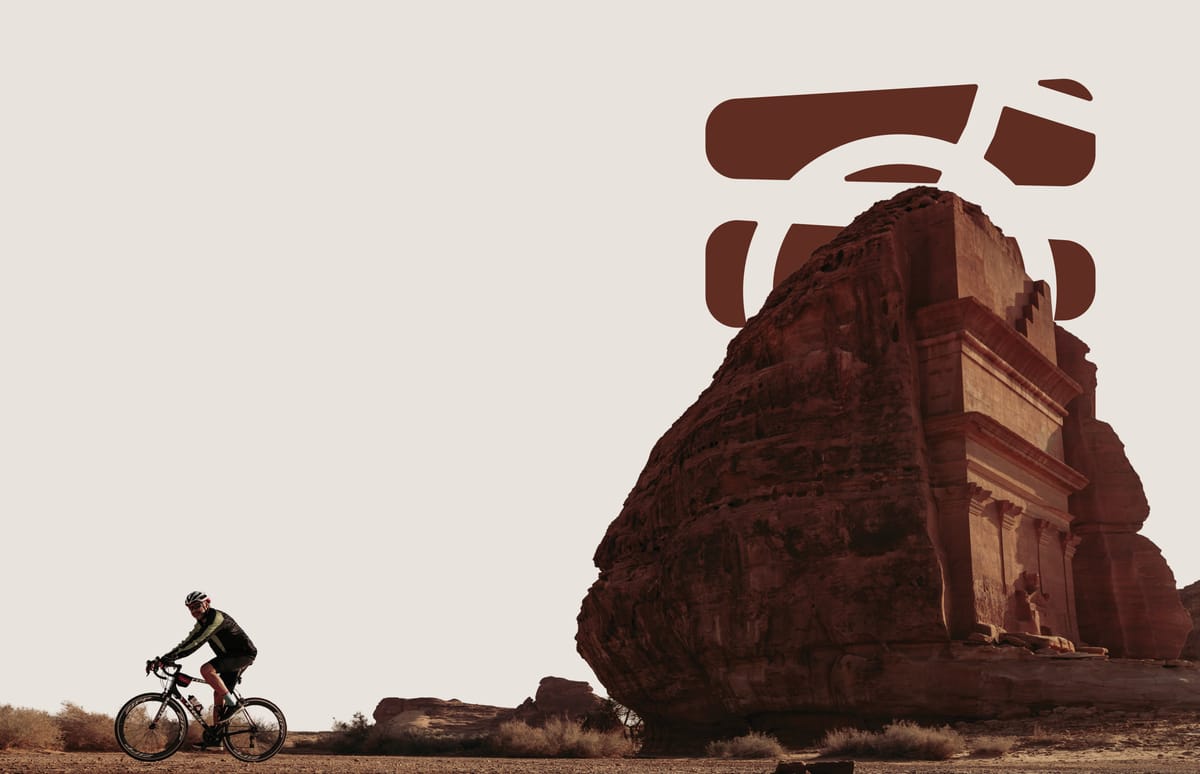
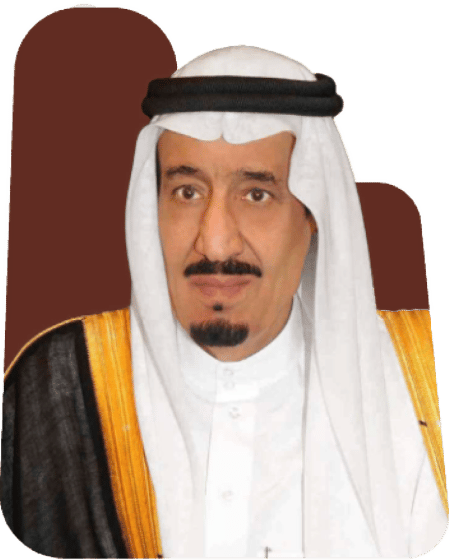

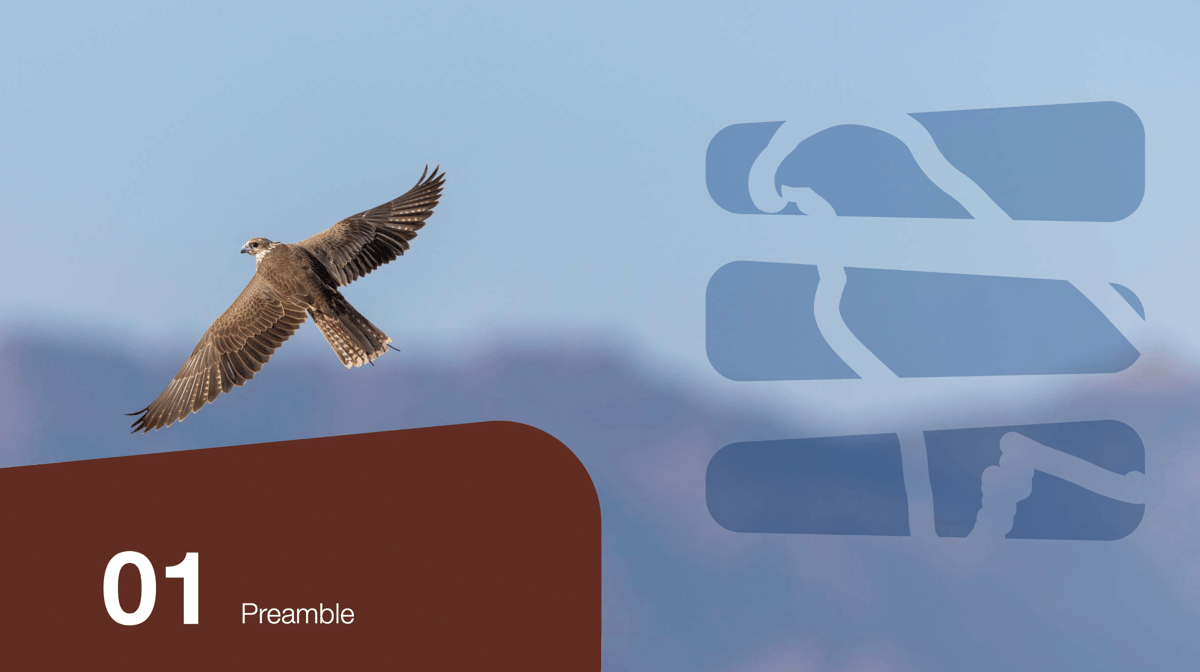
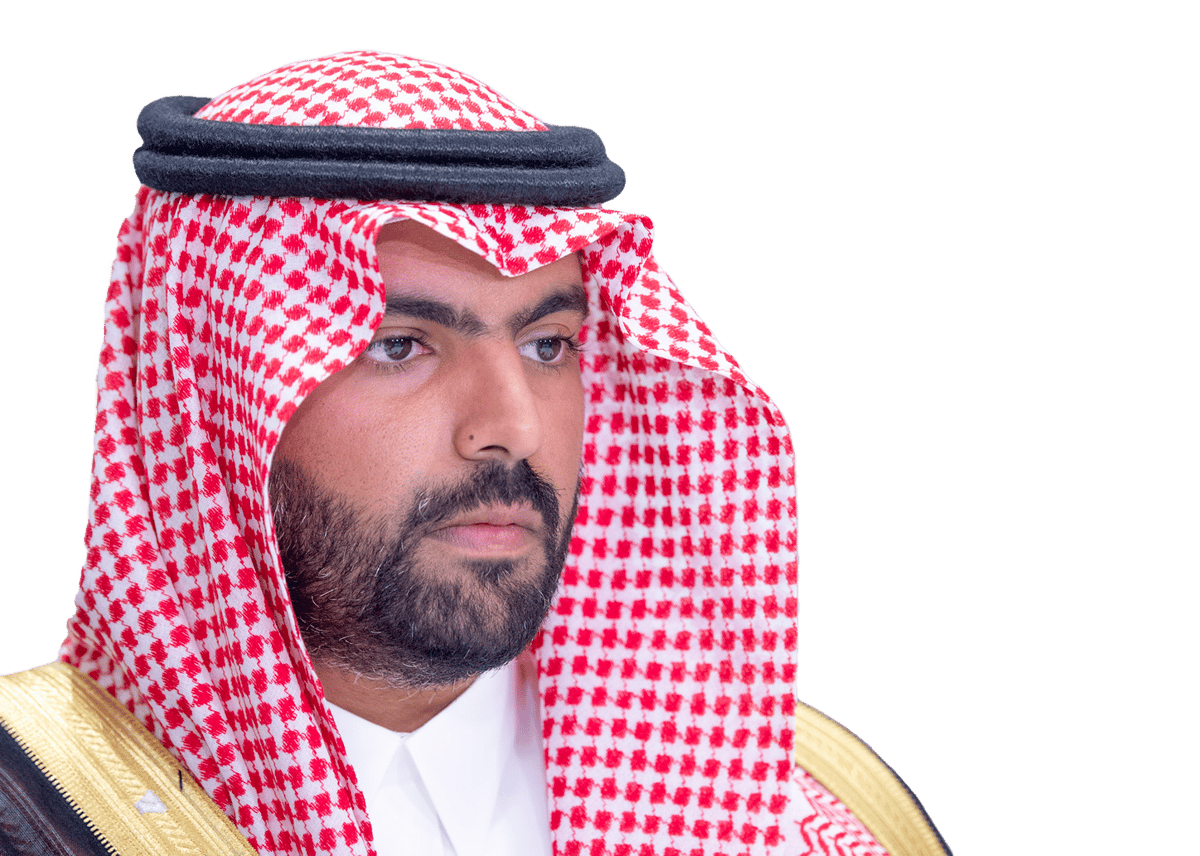
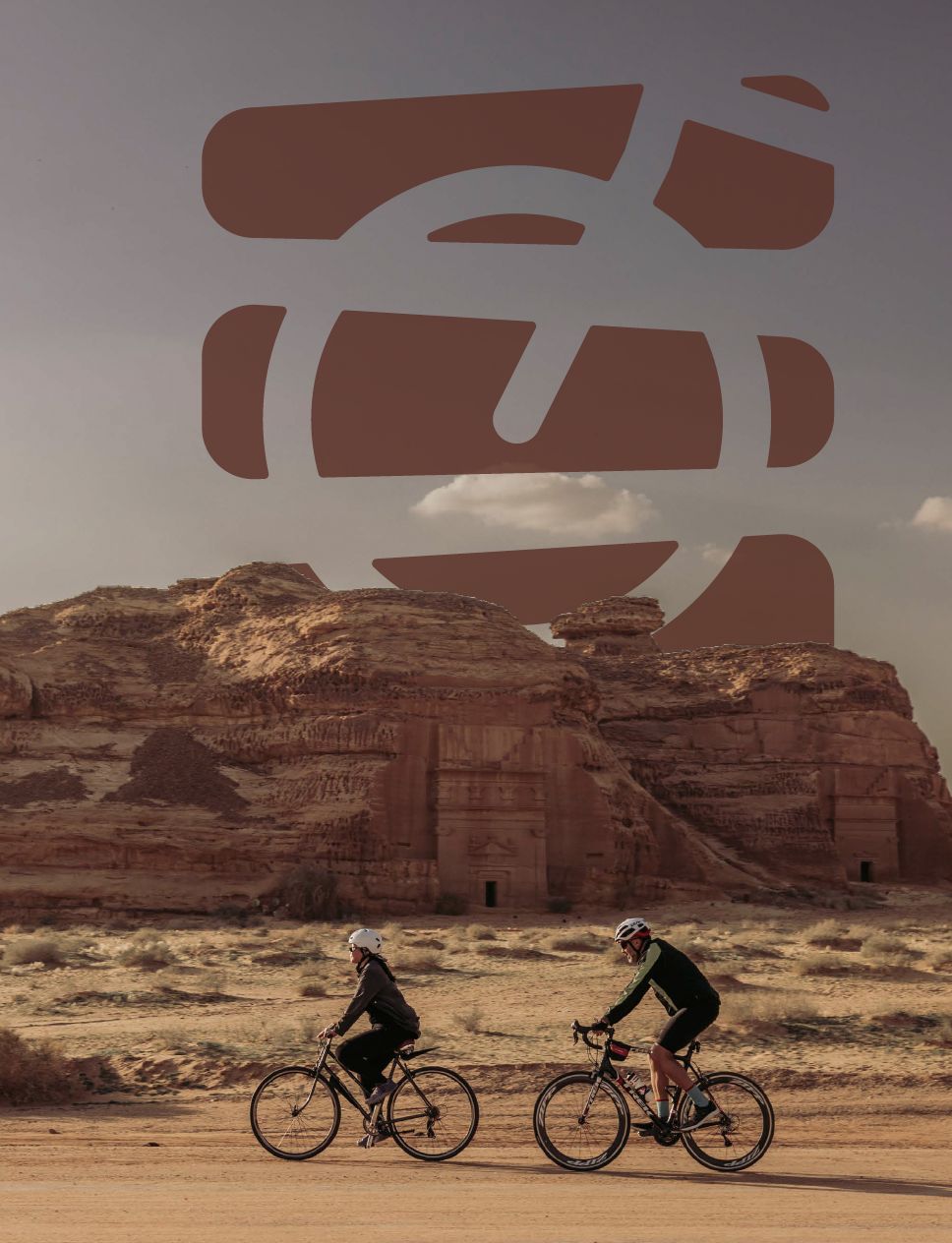
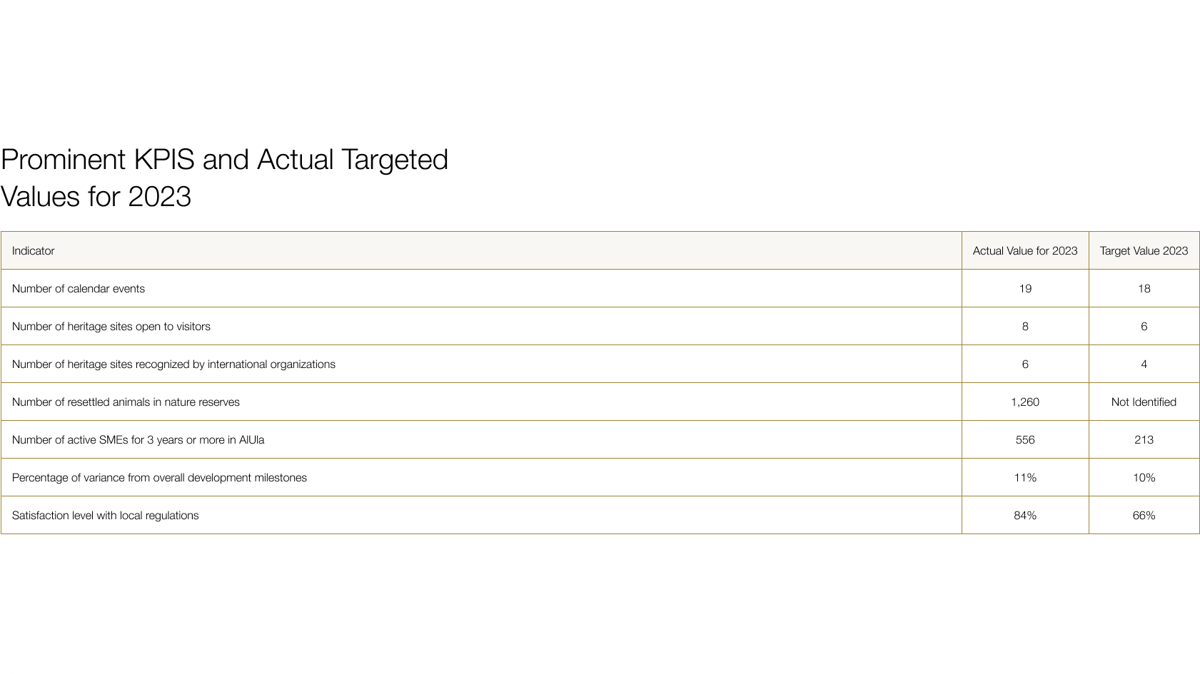
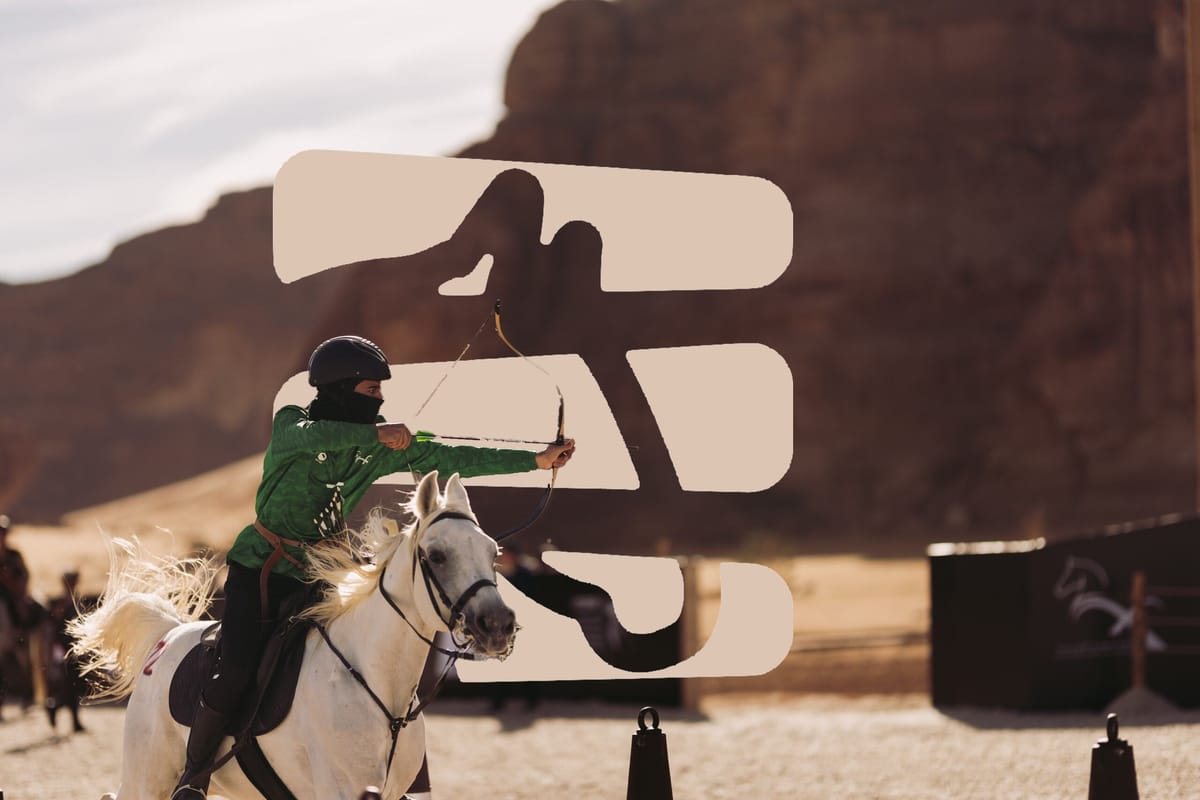
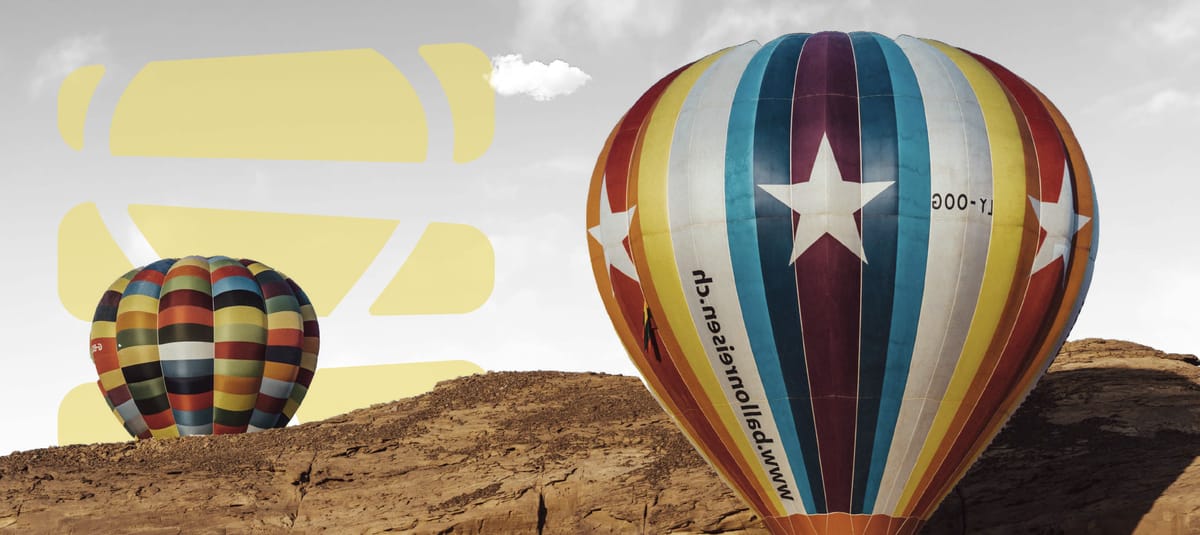

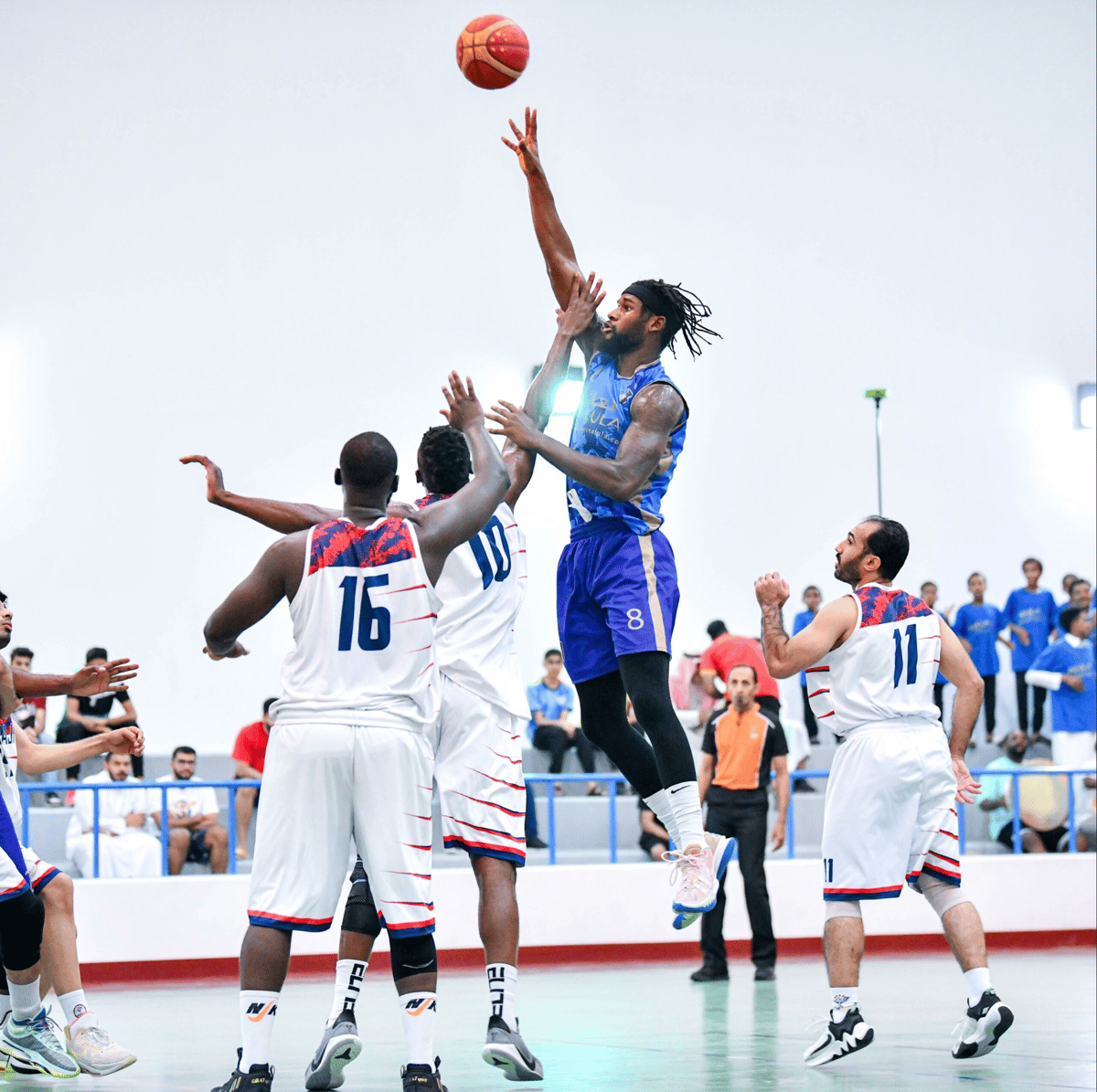


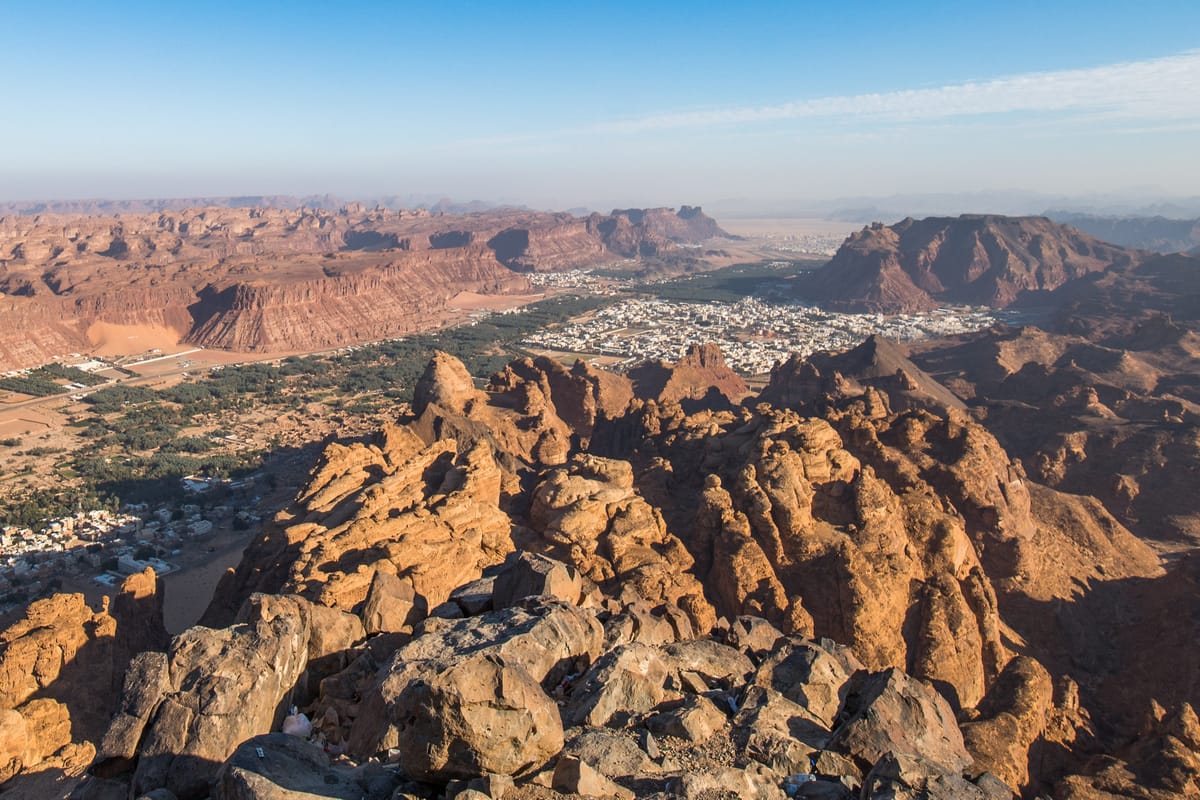
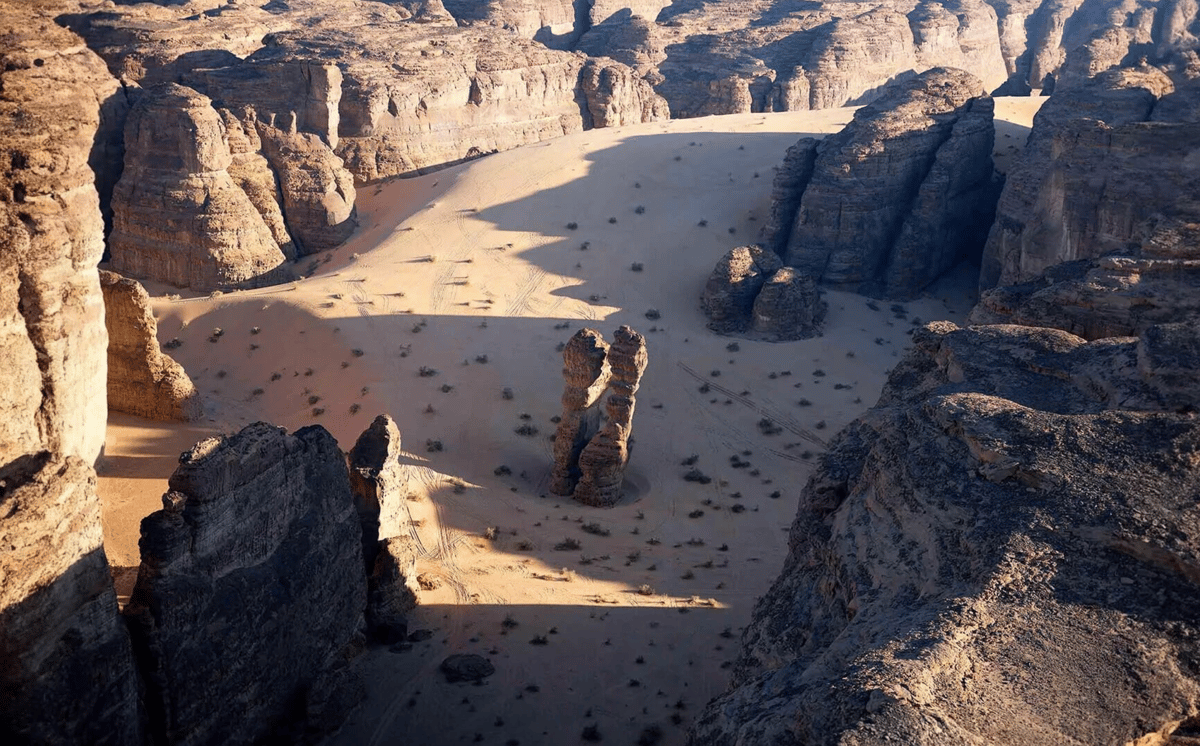
)
